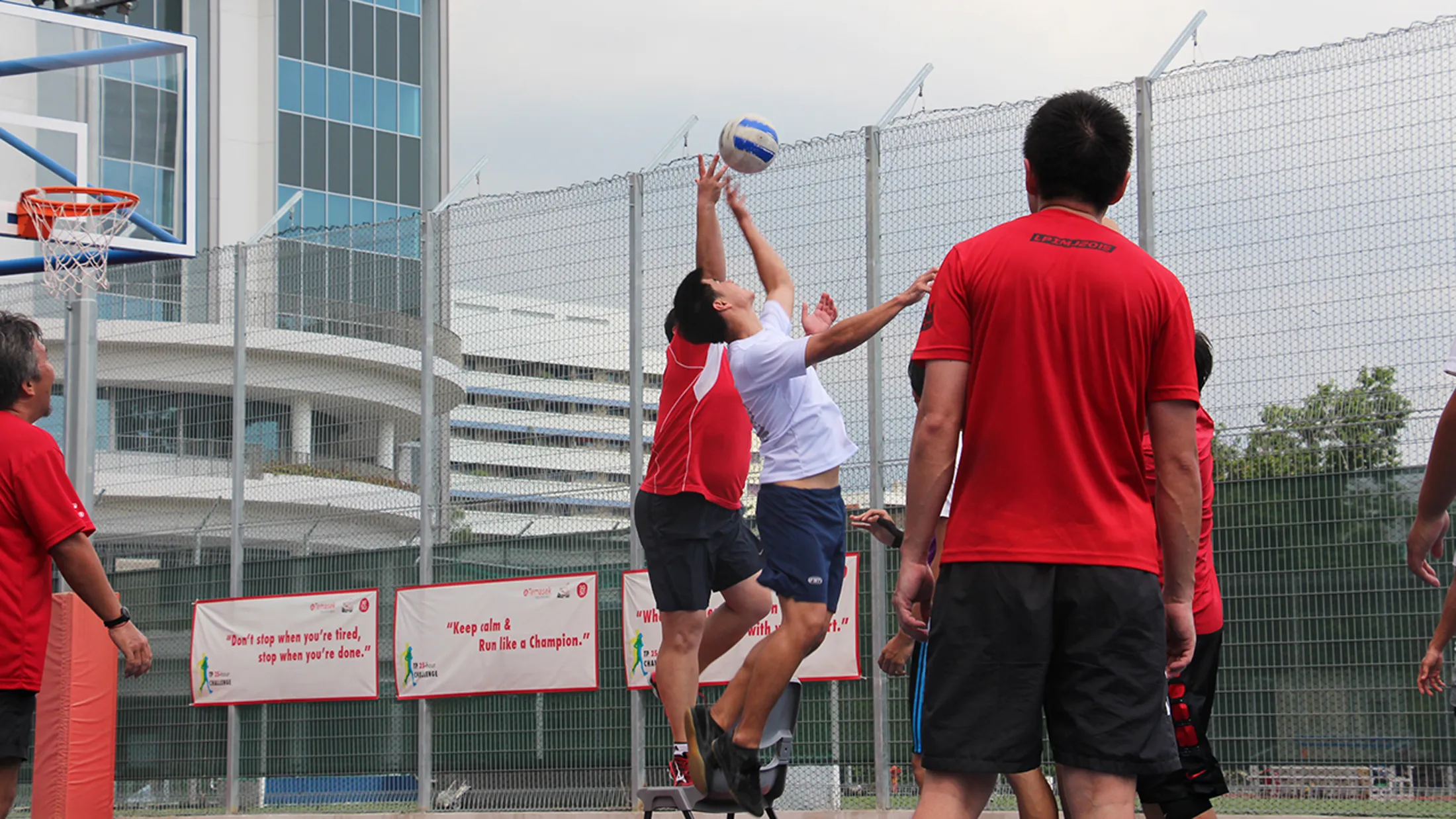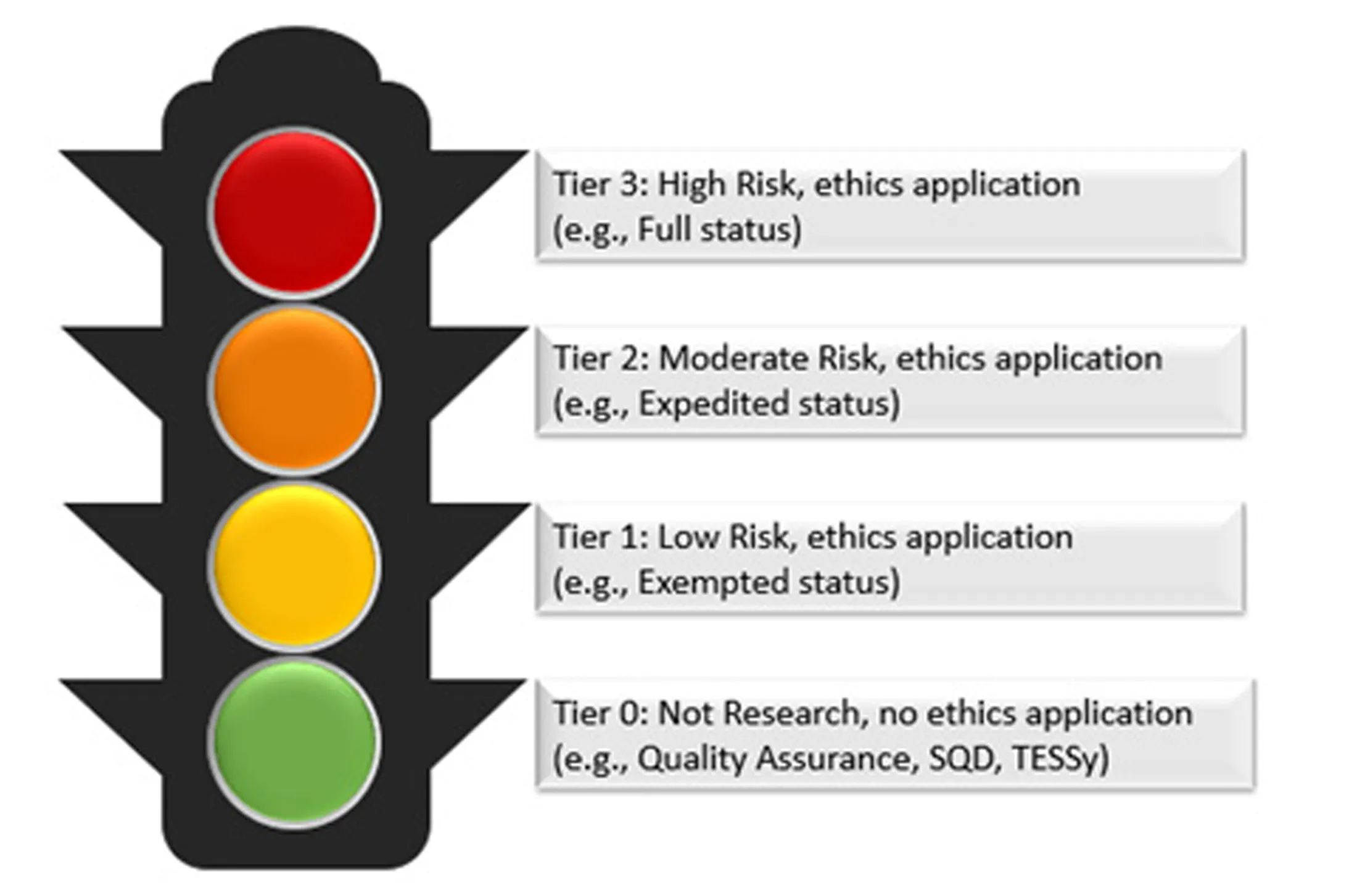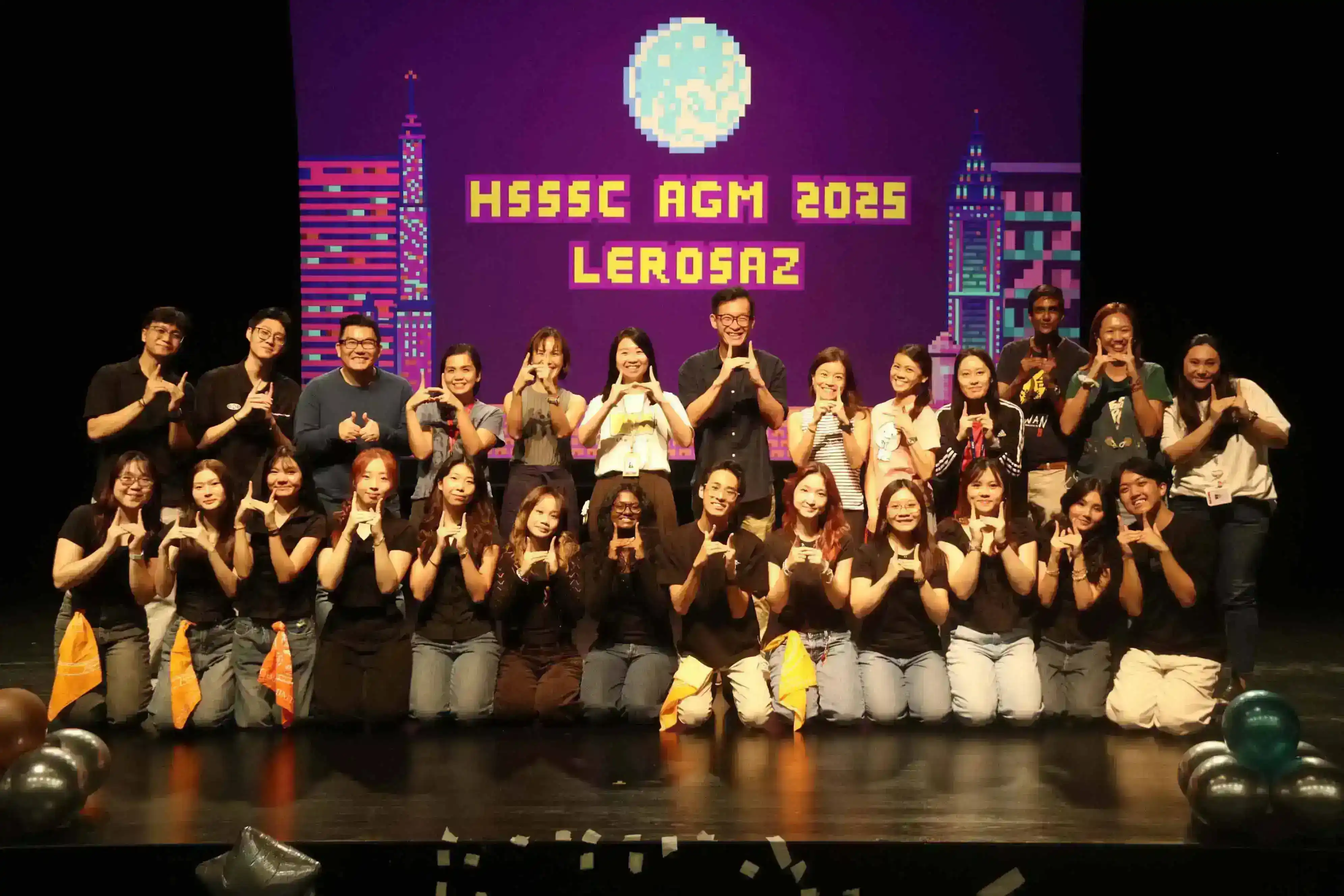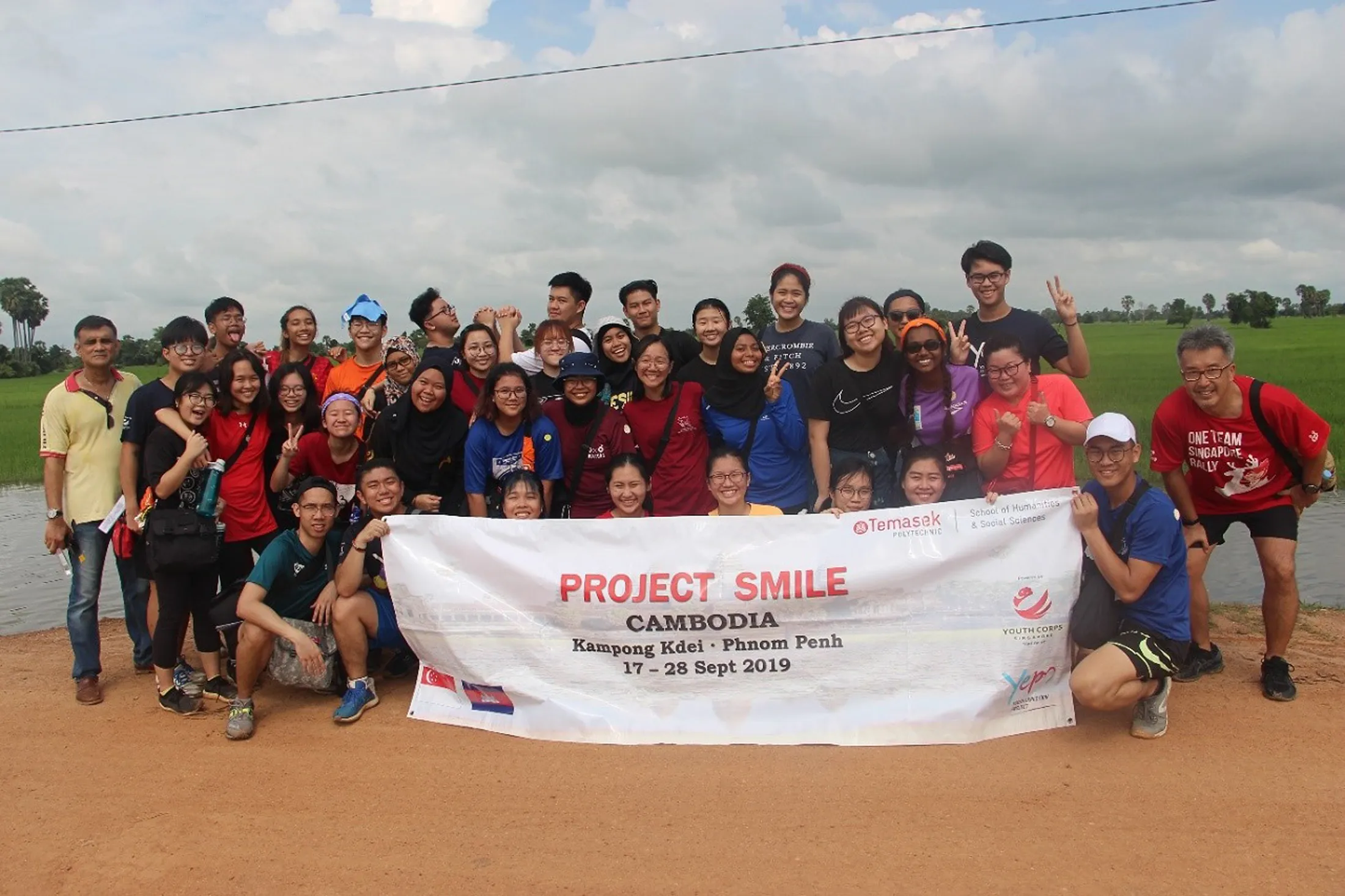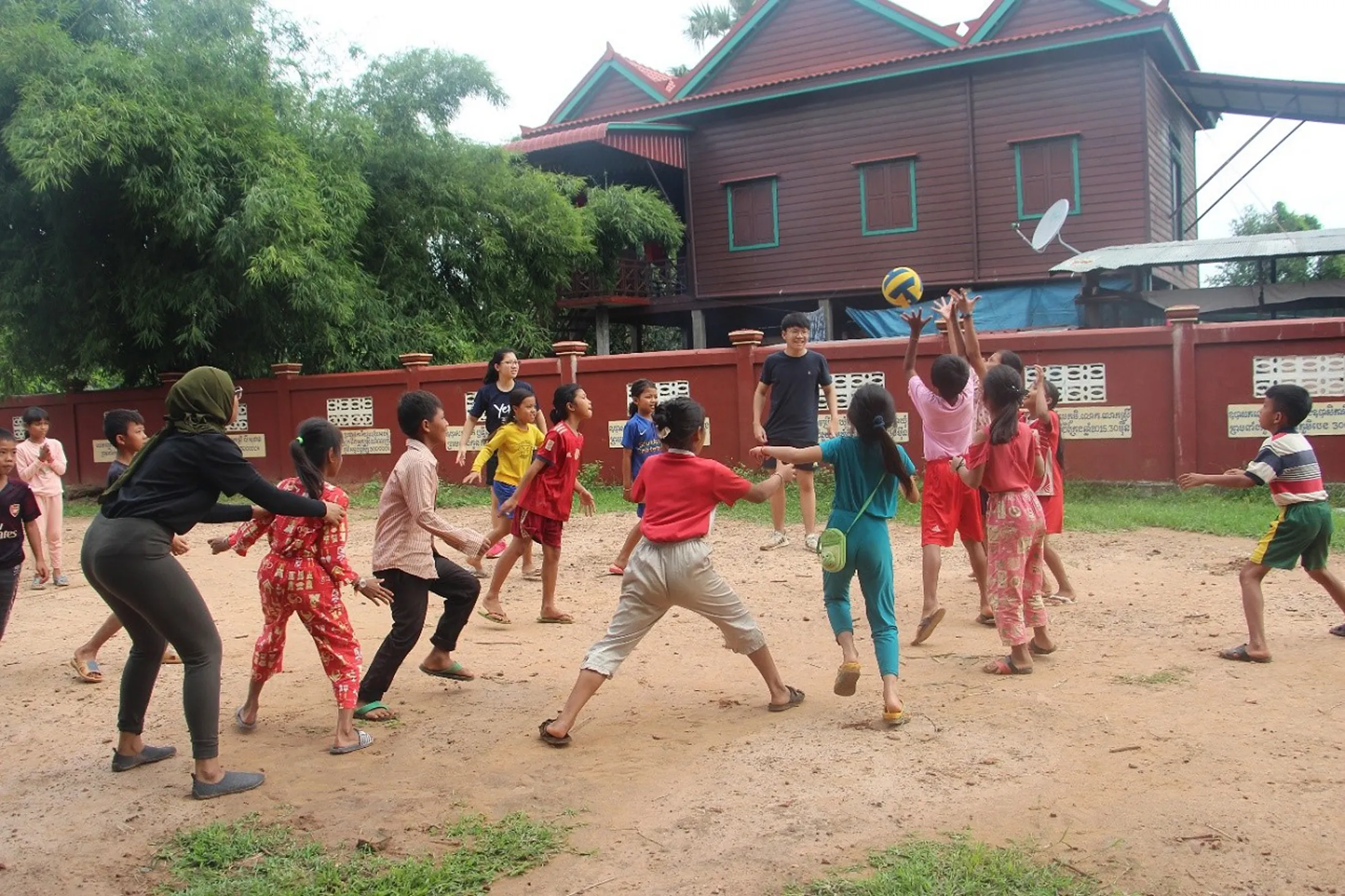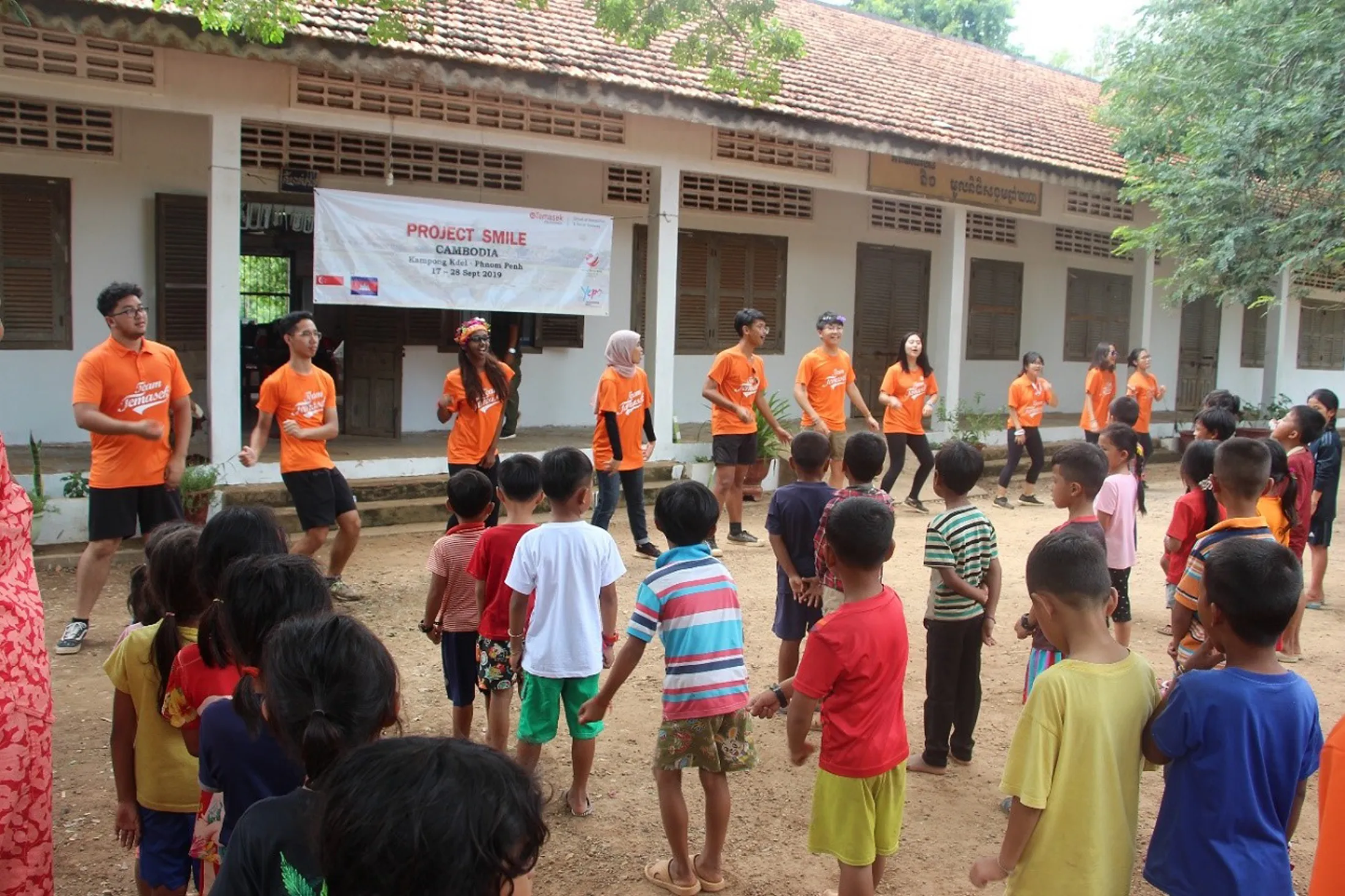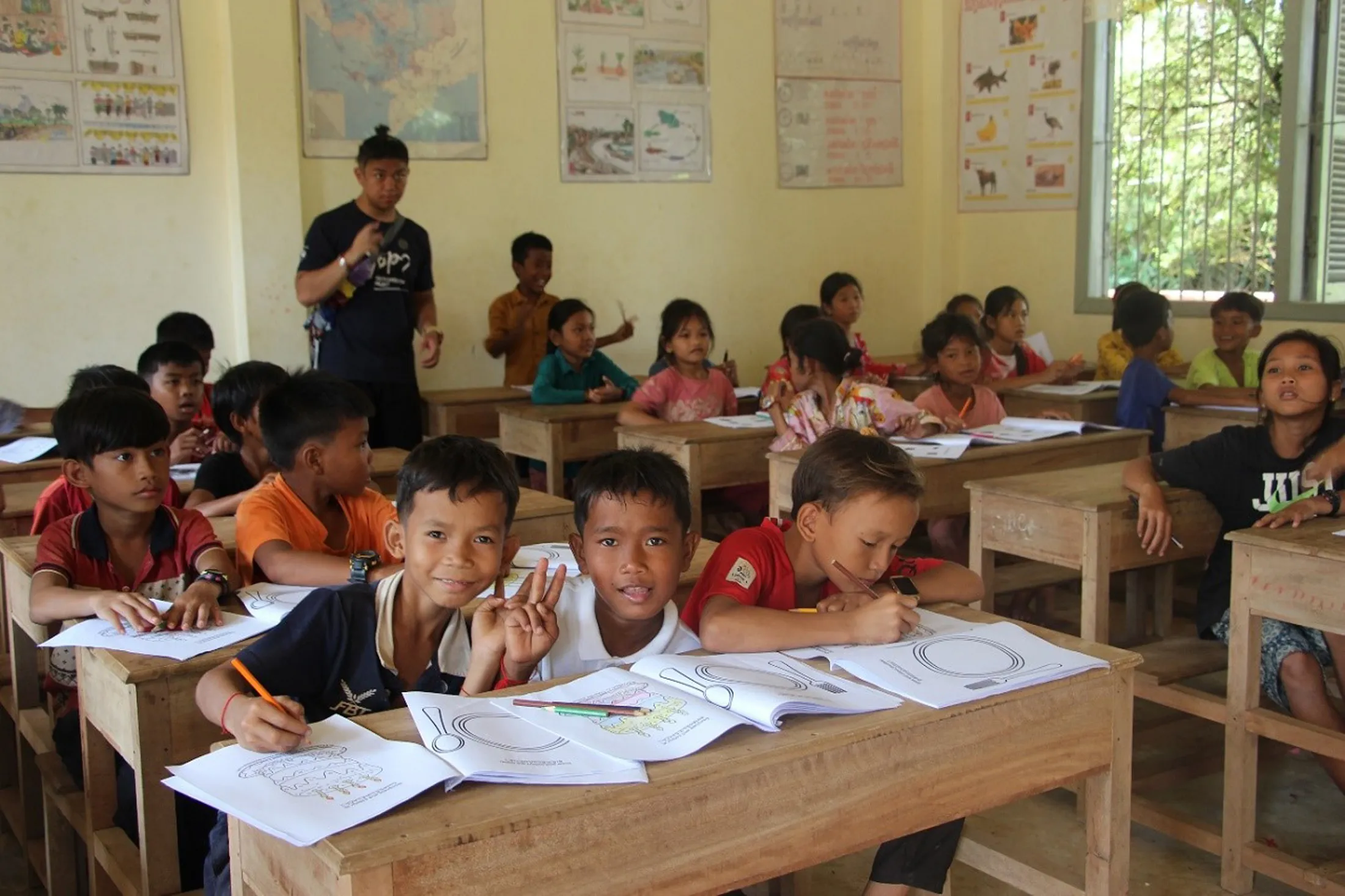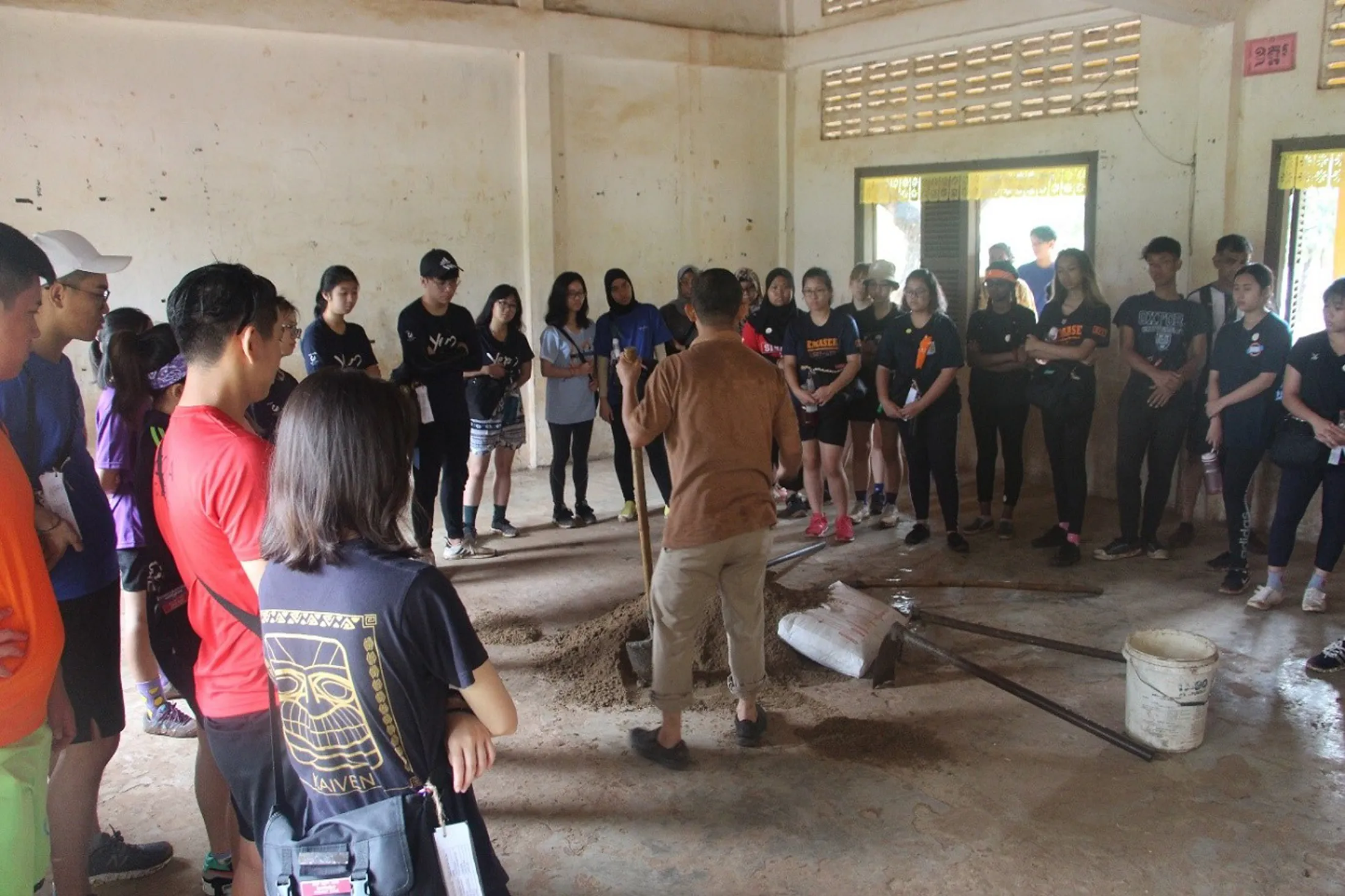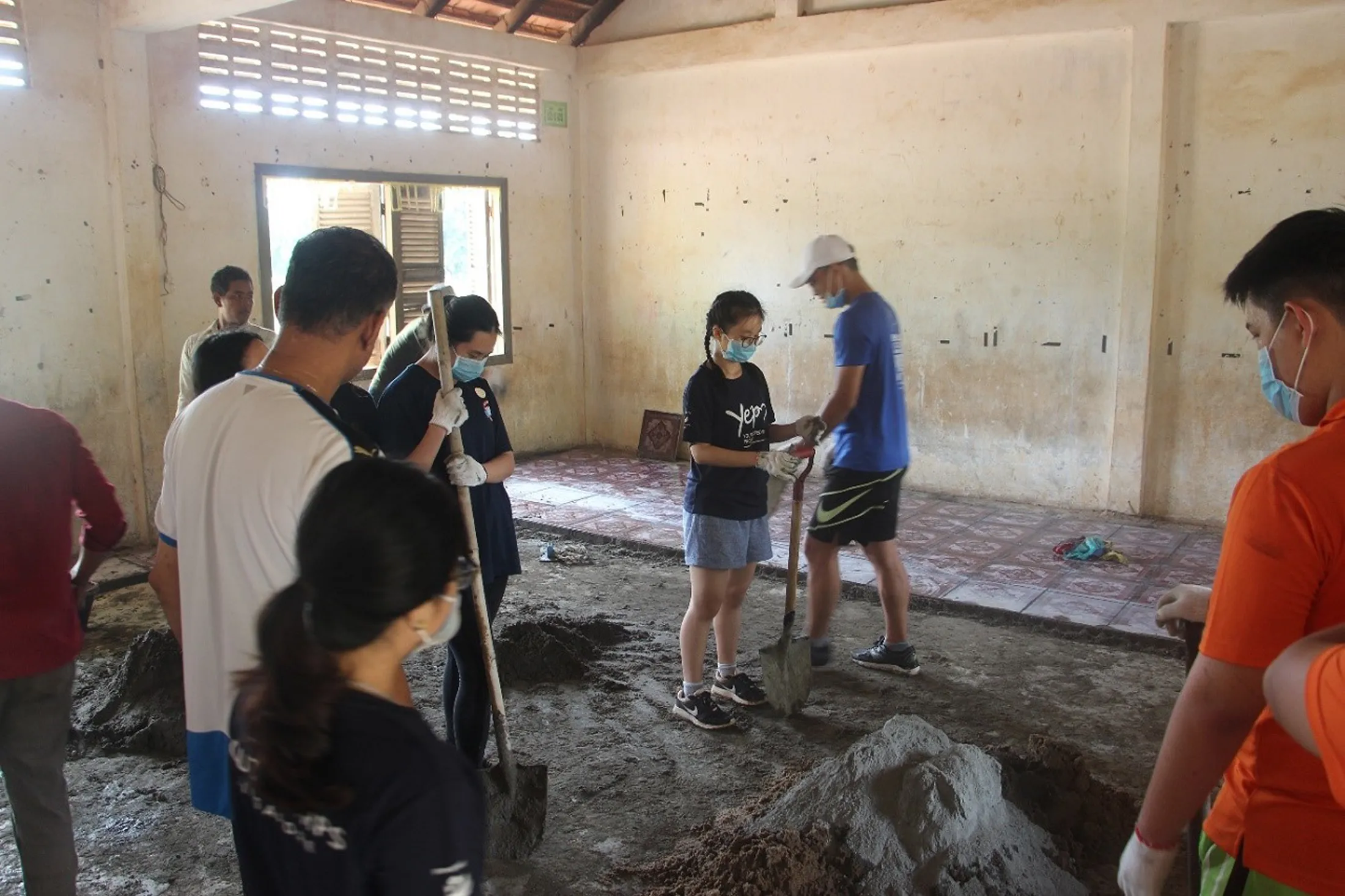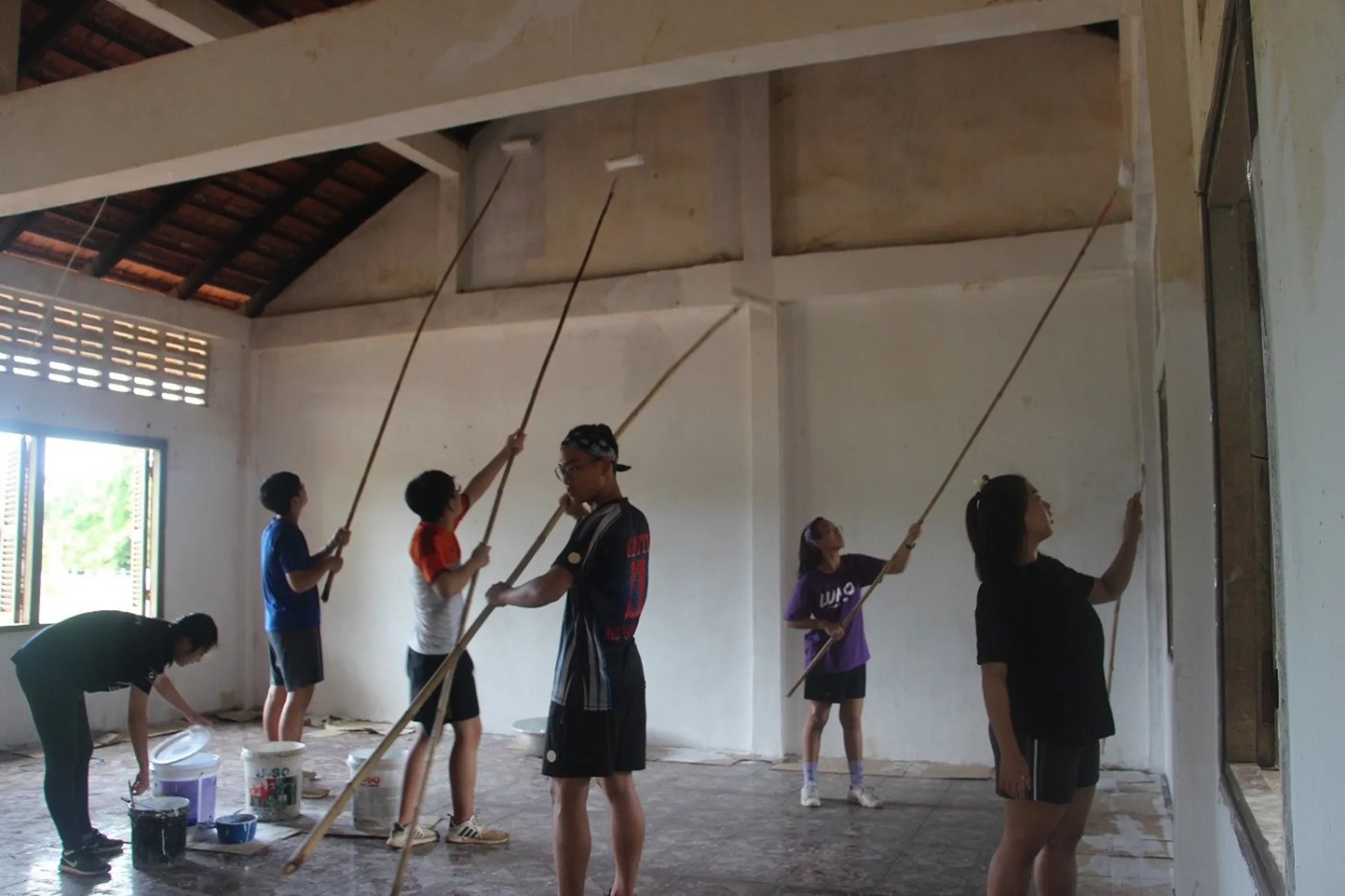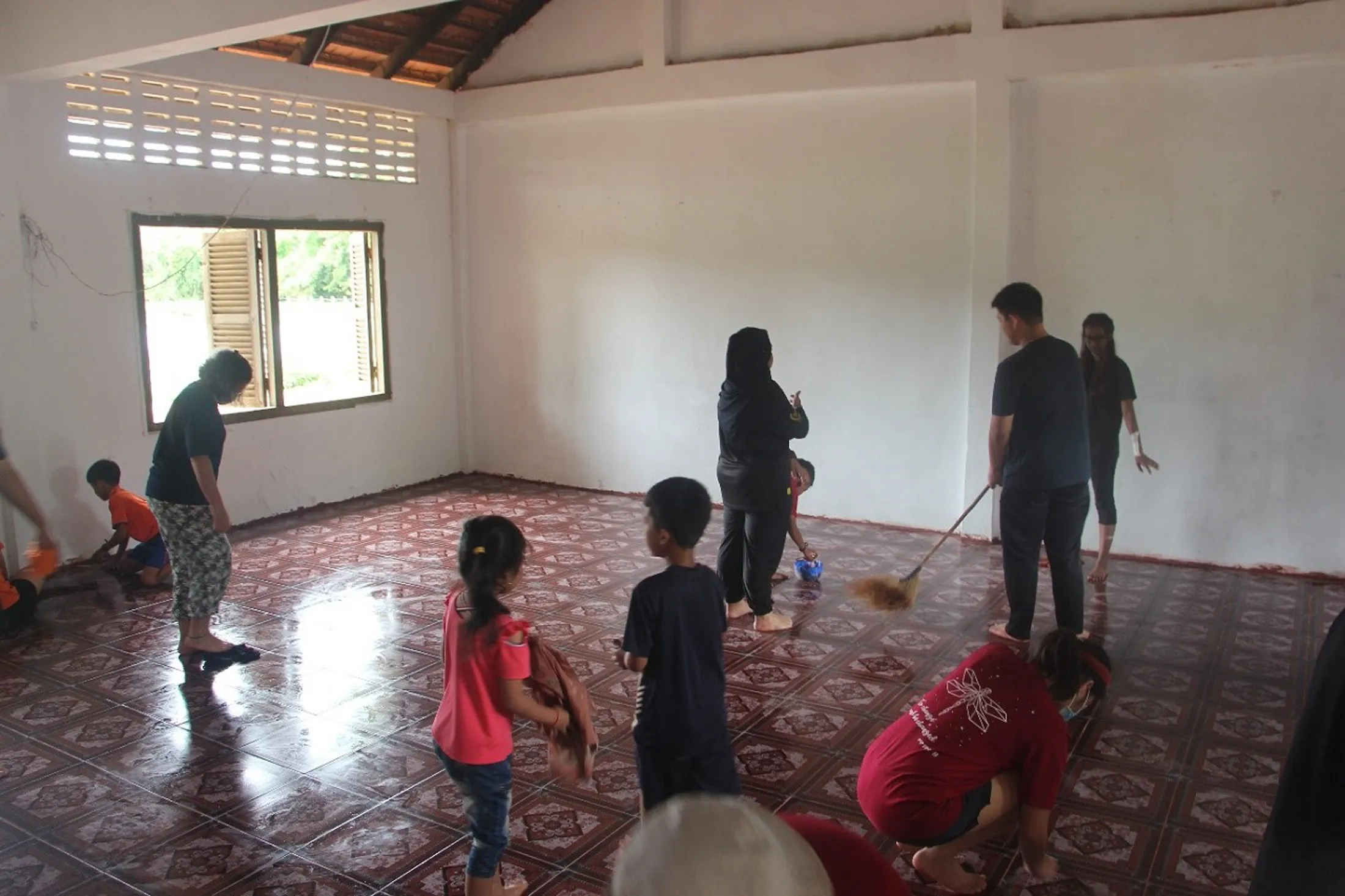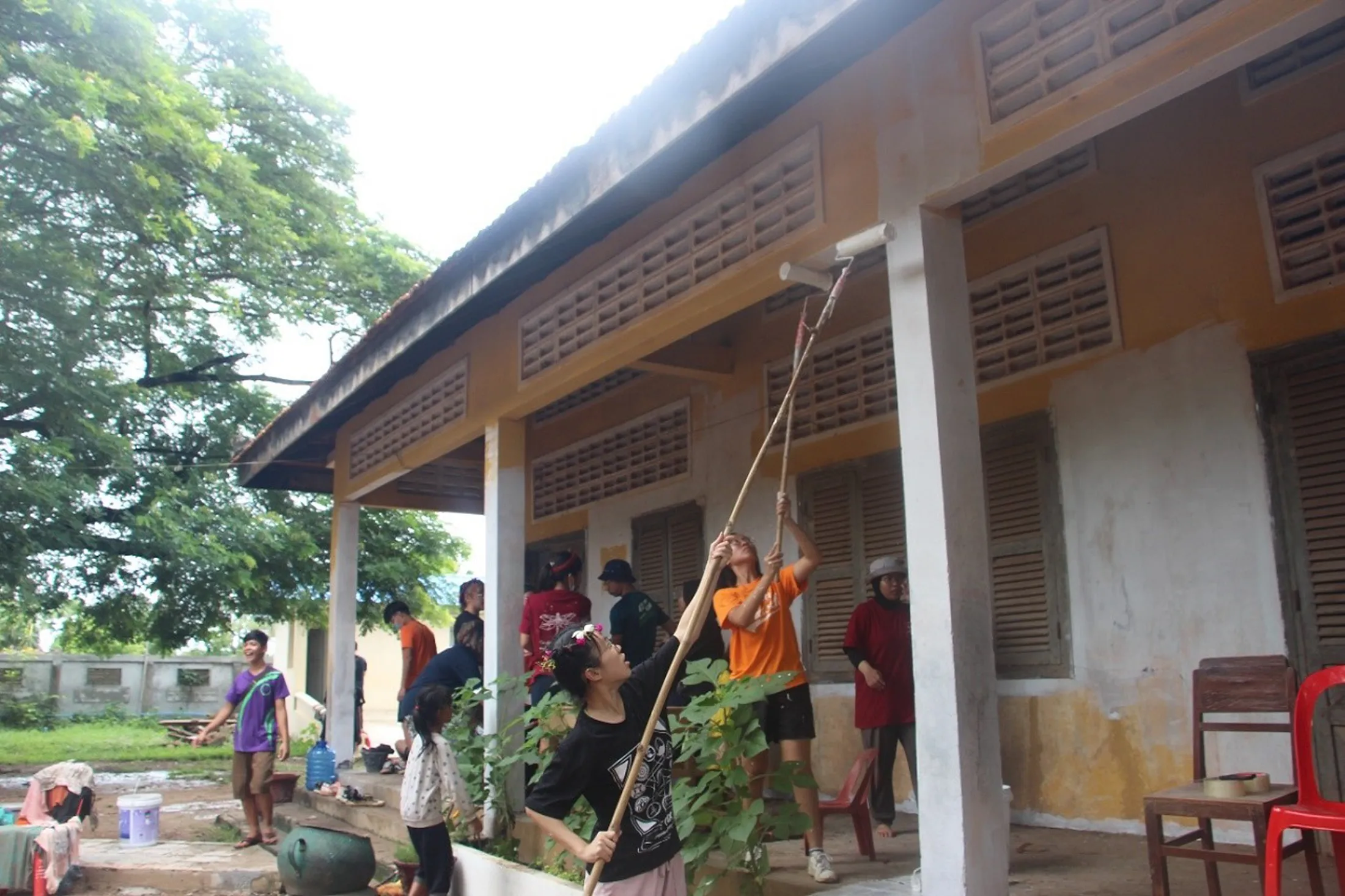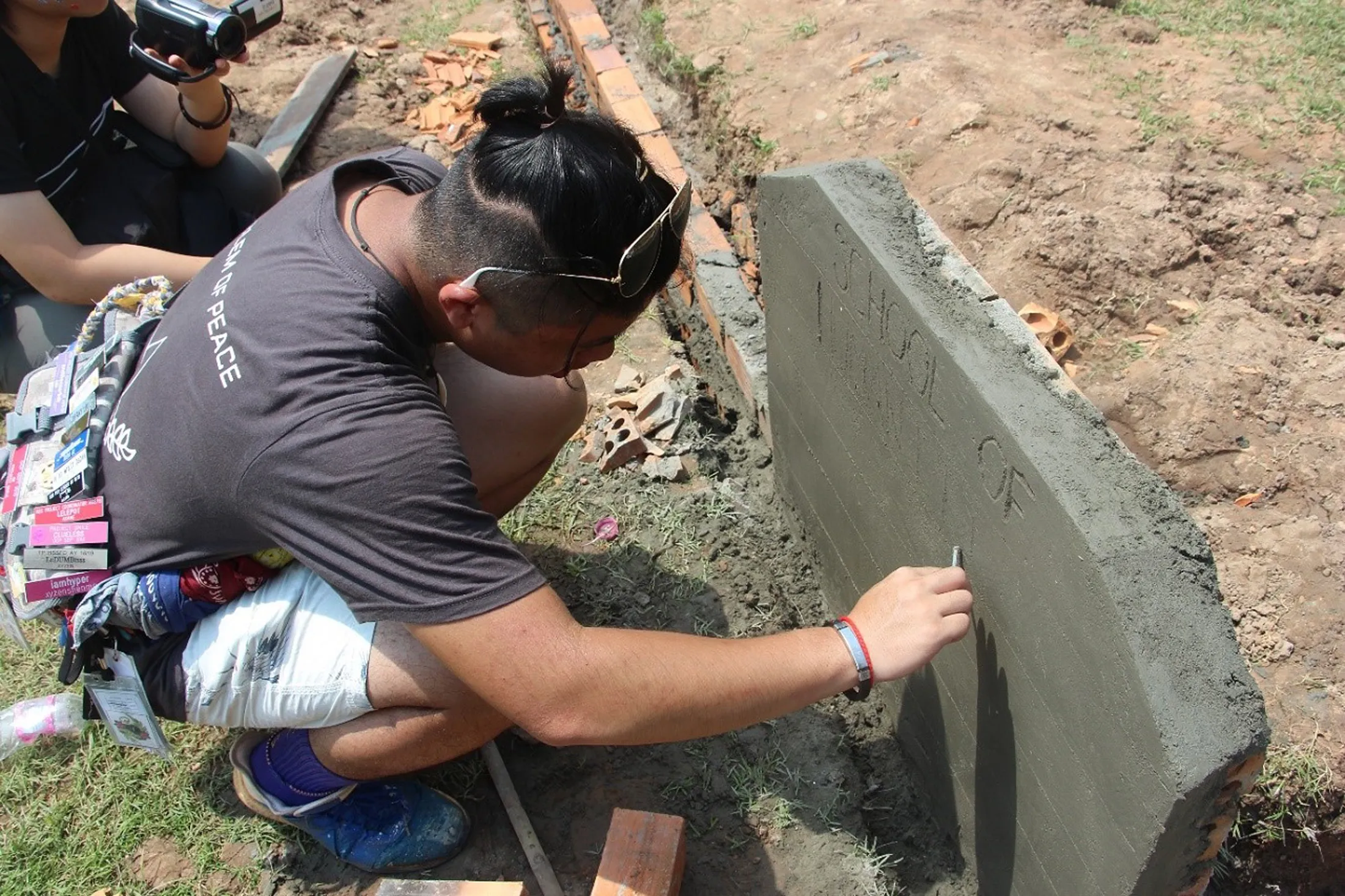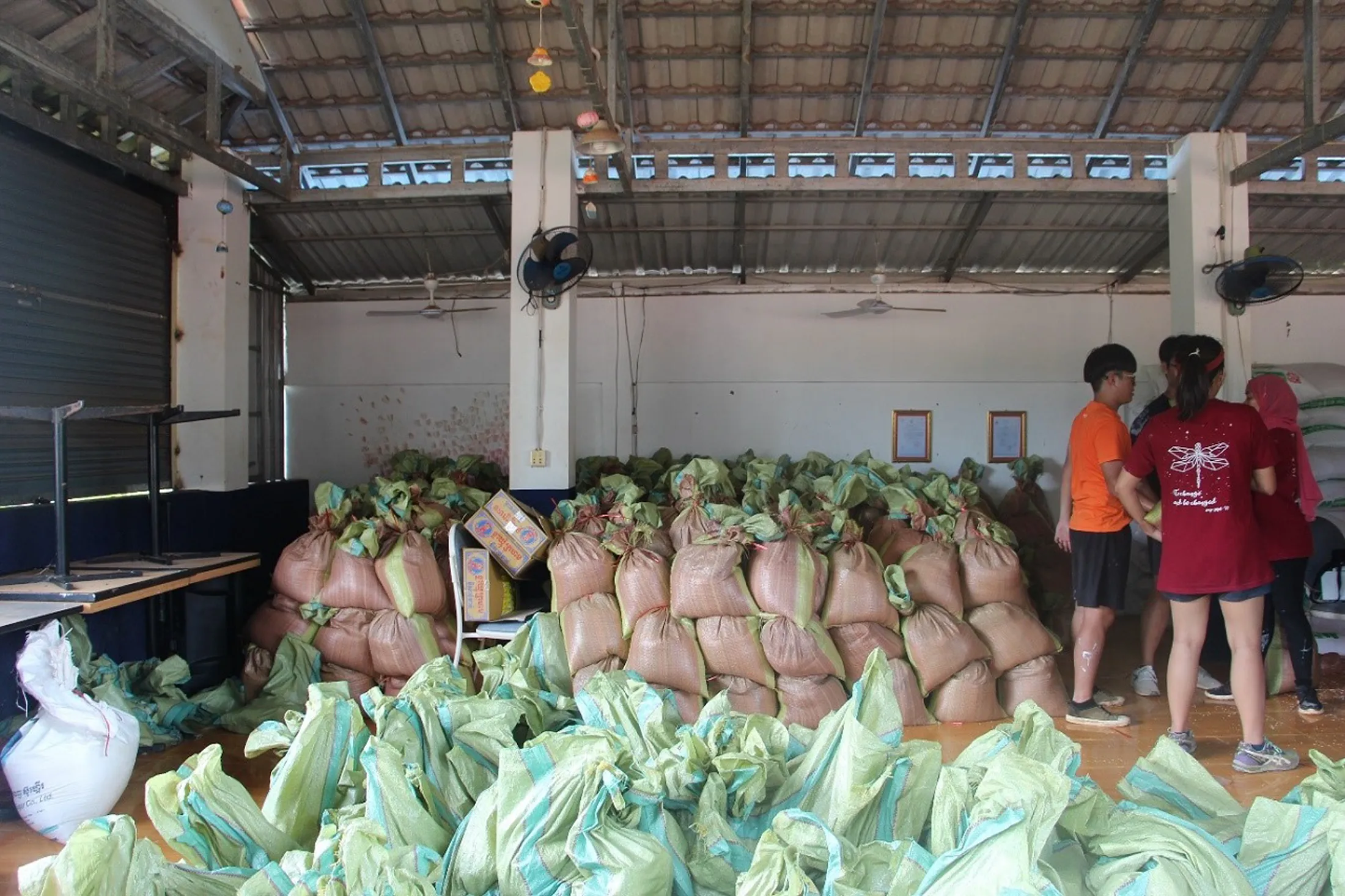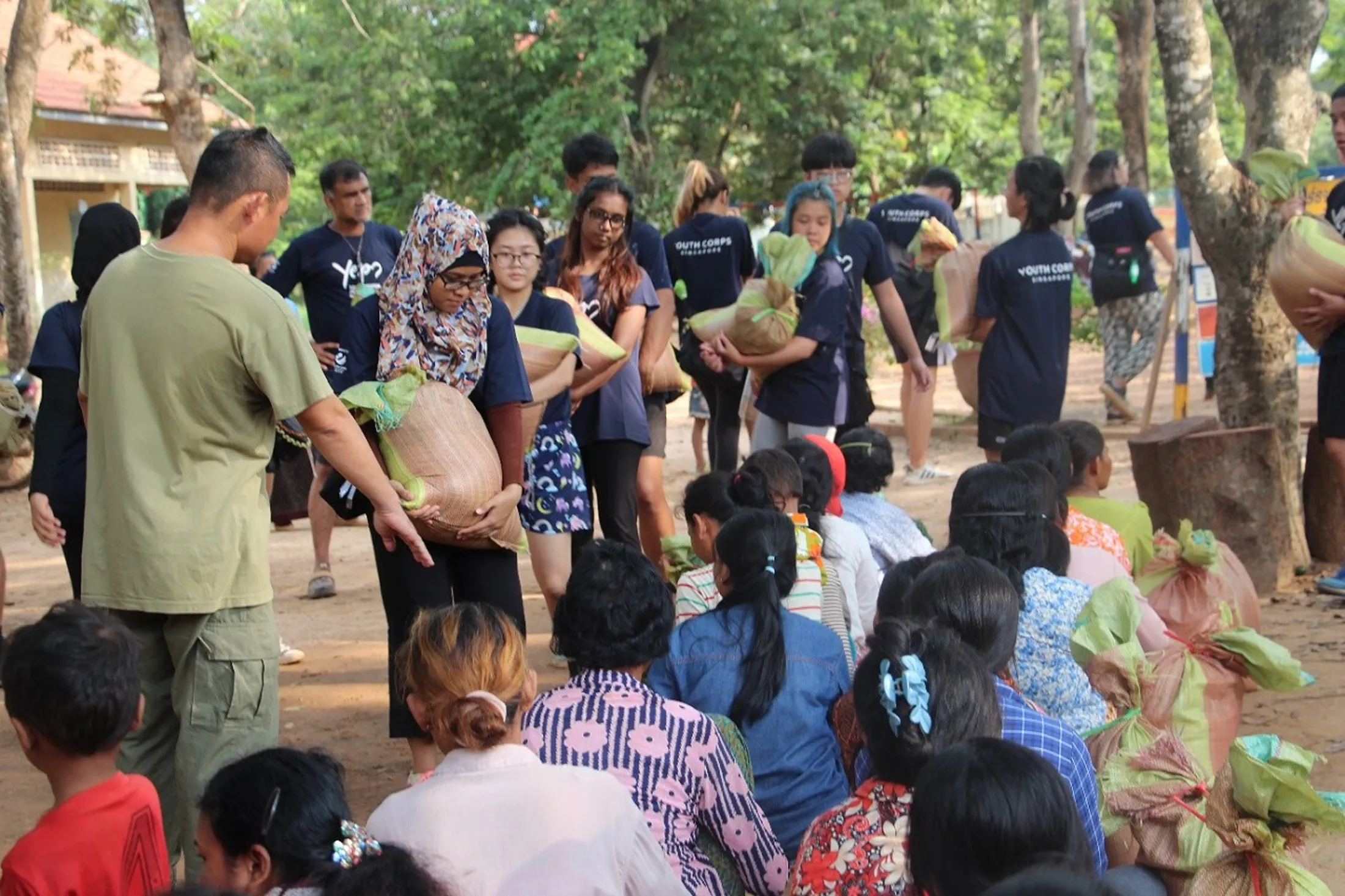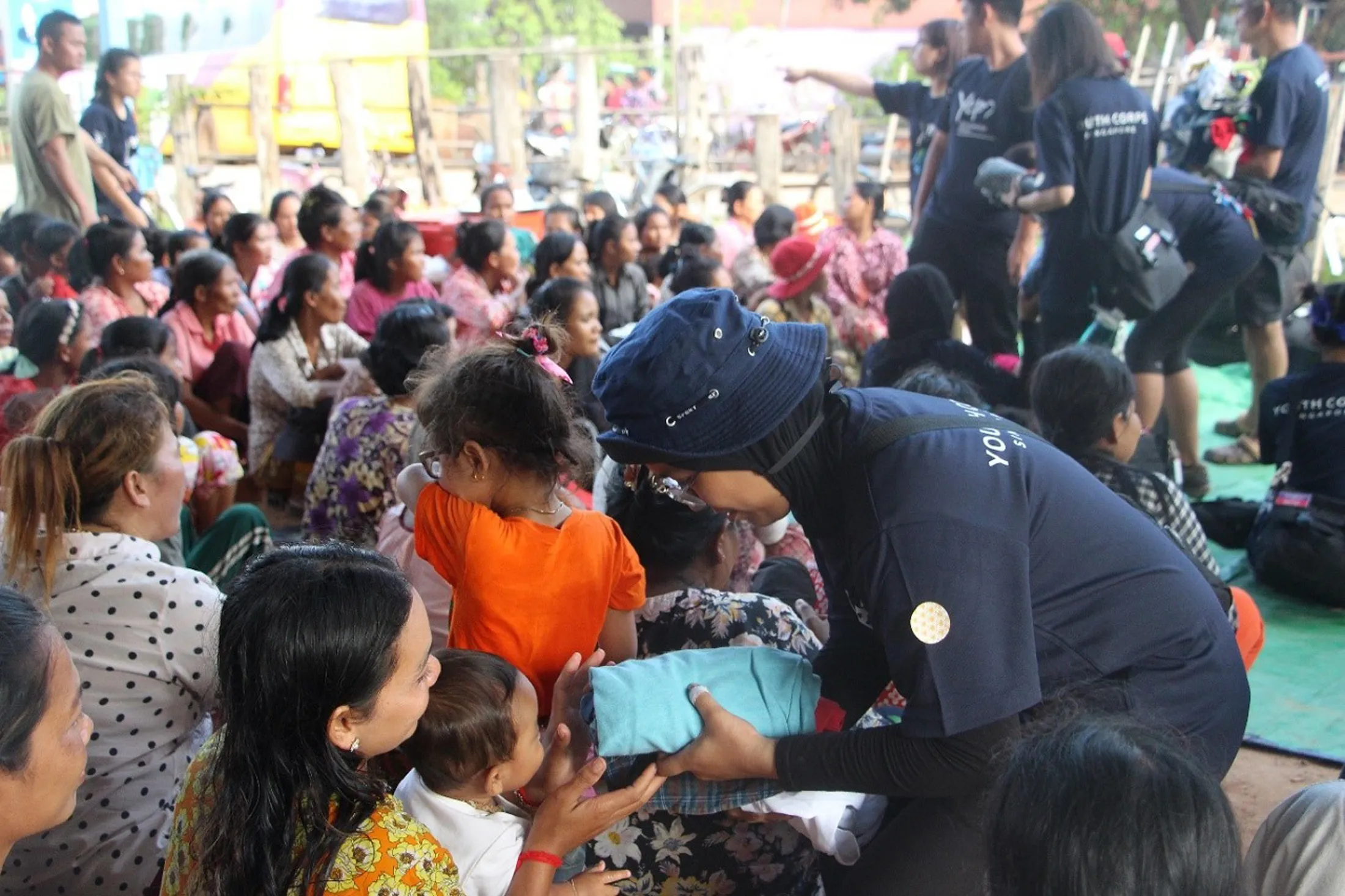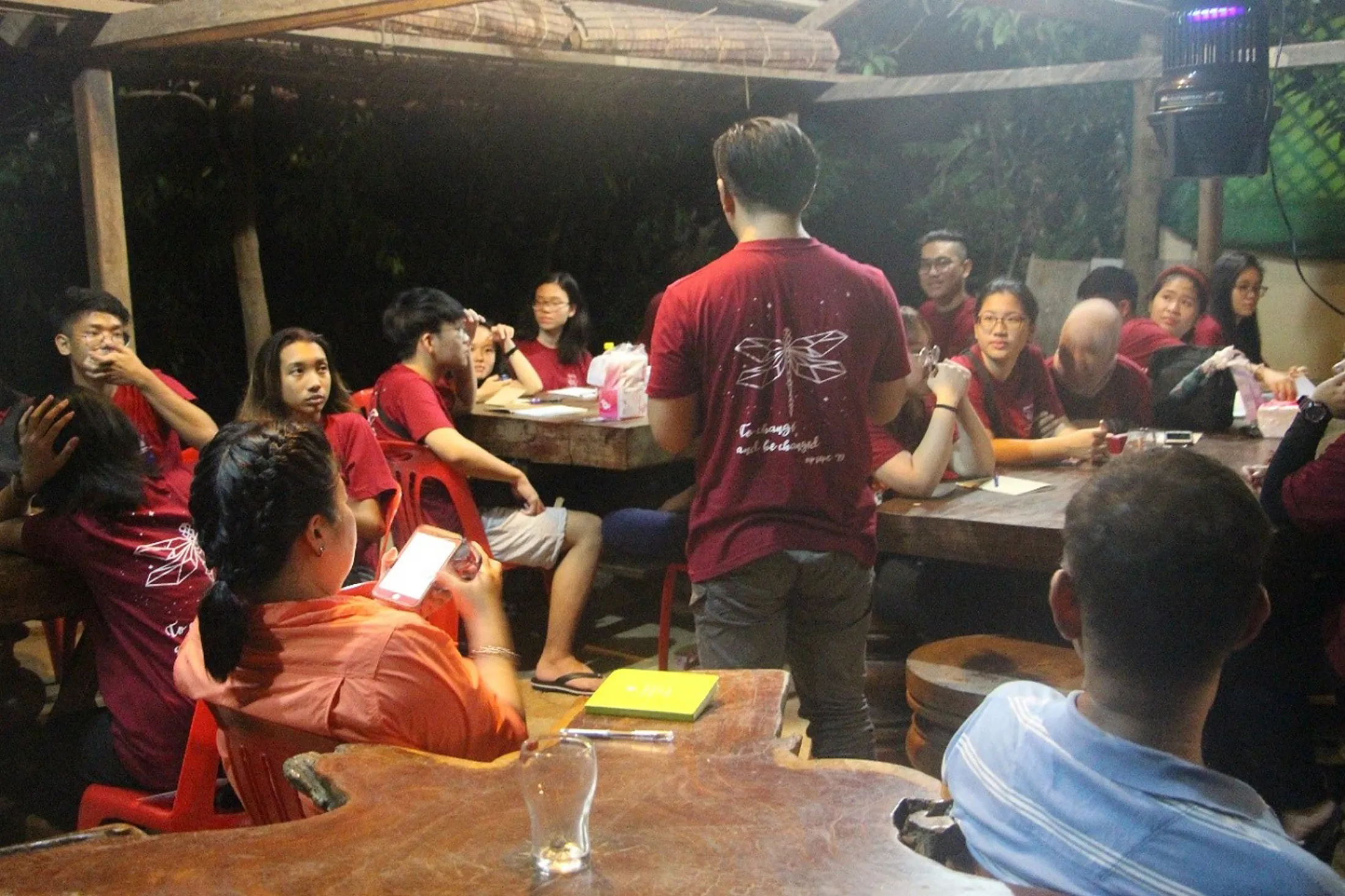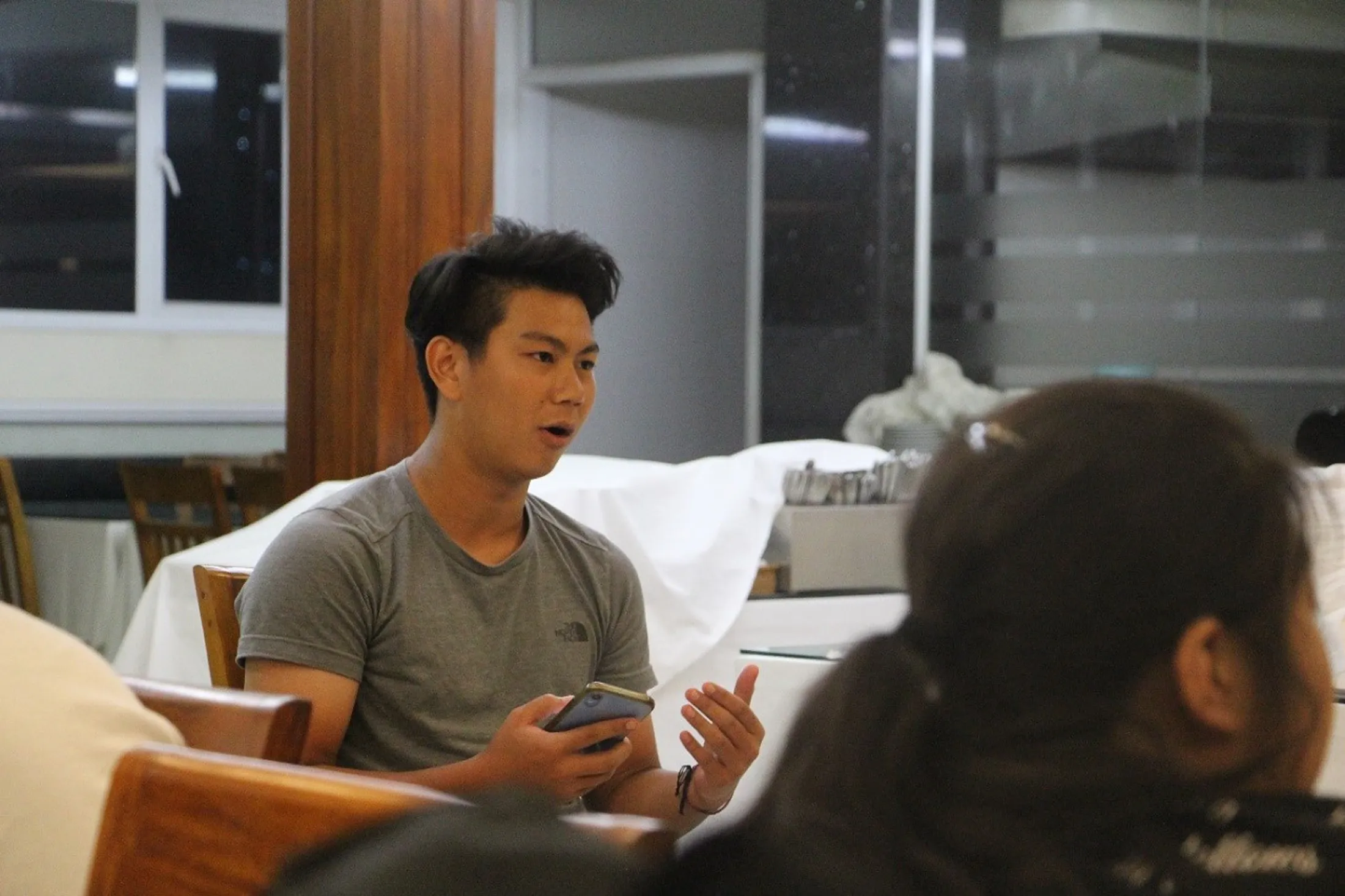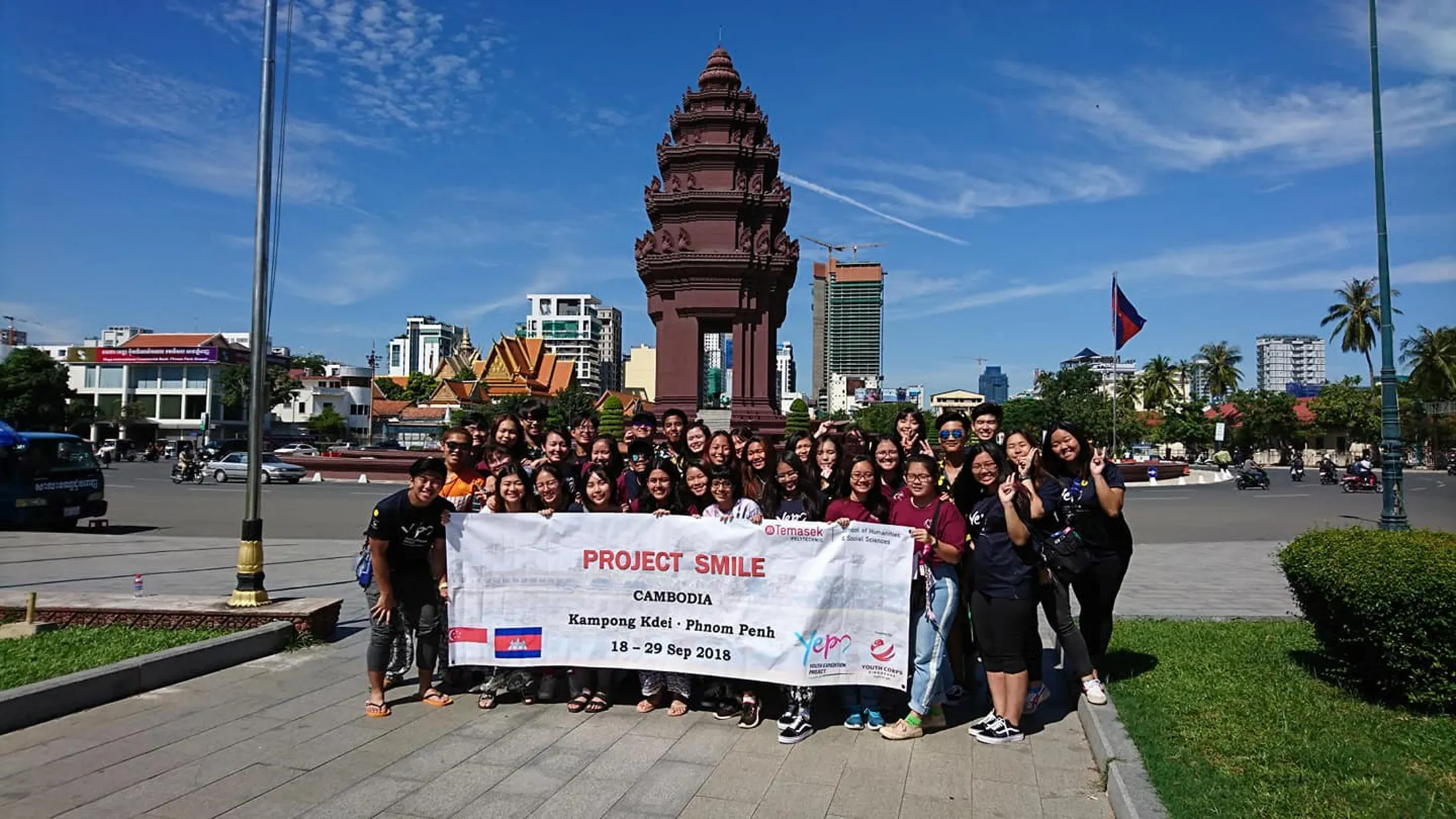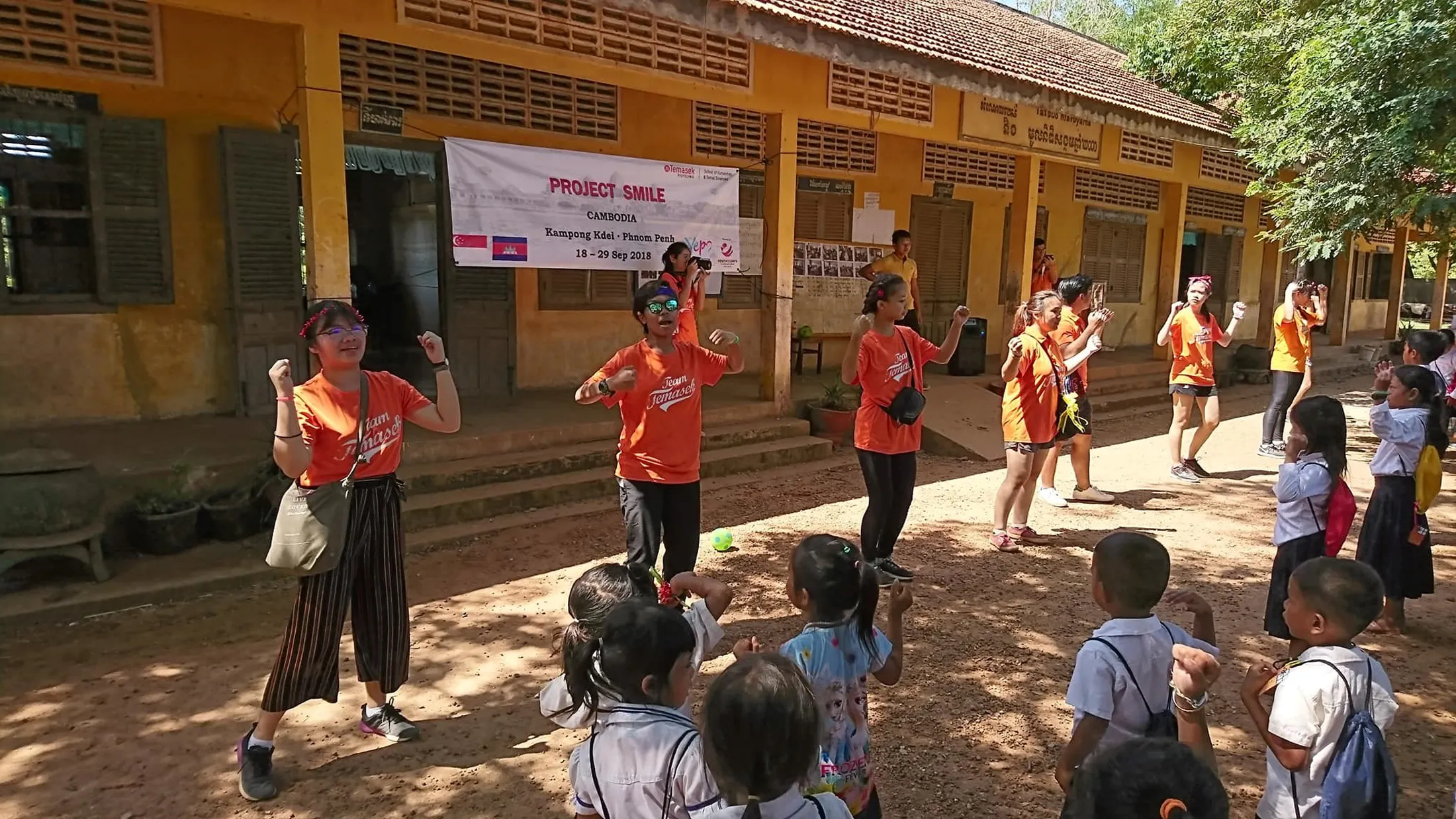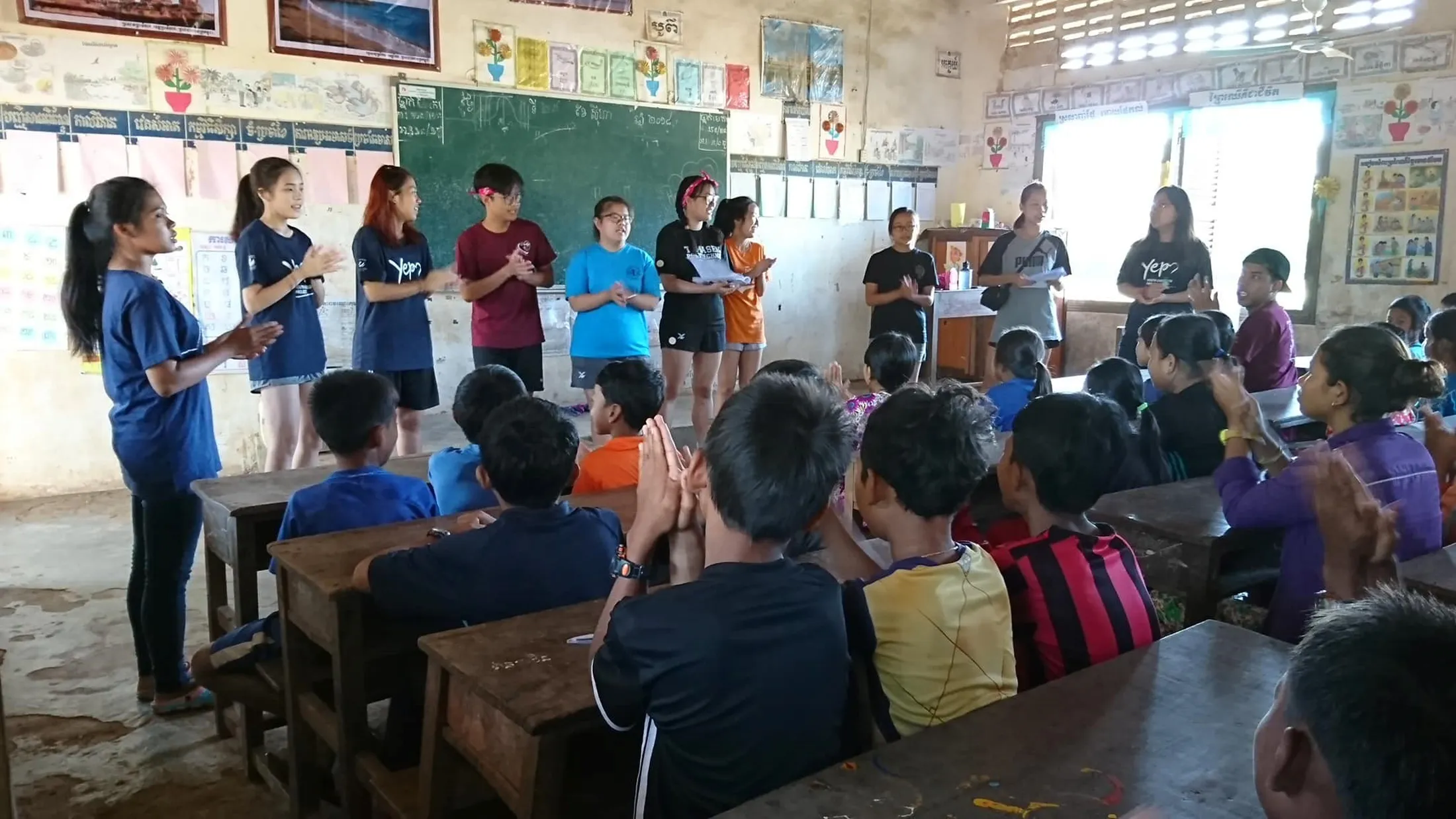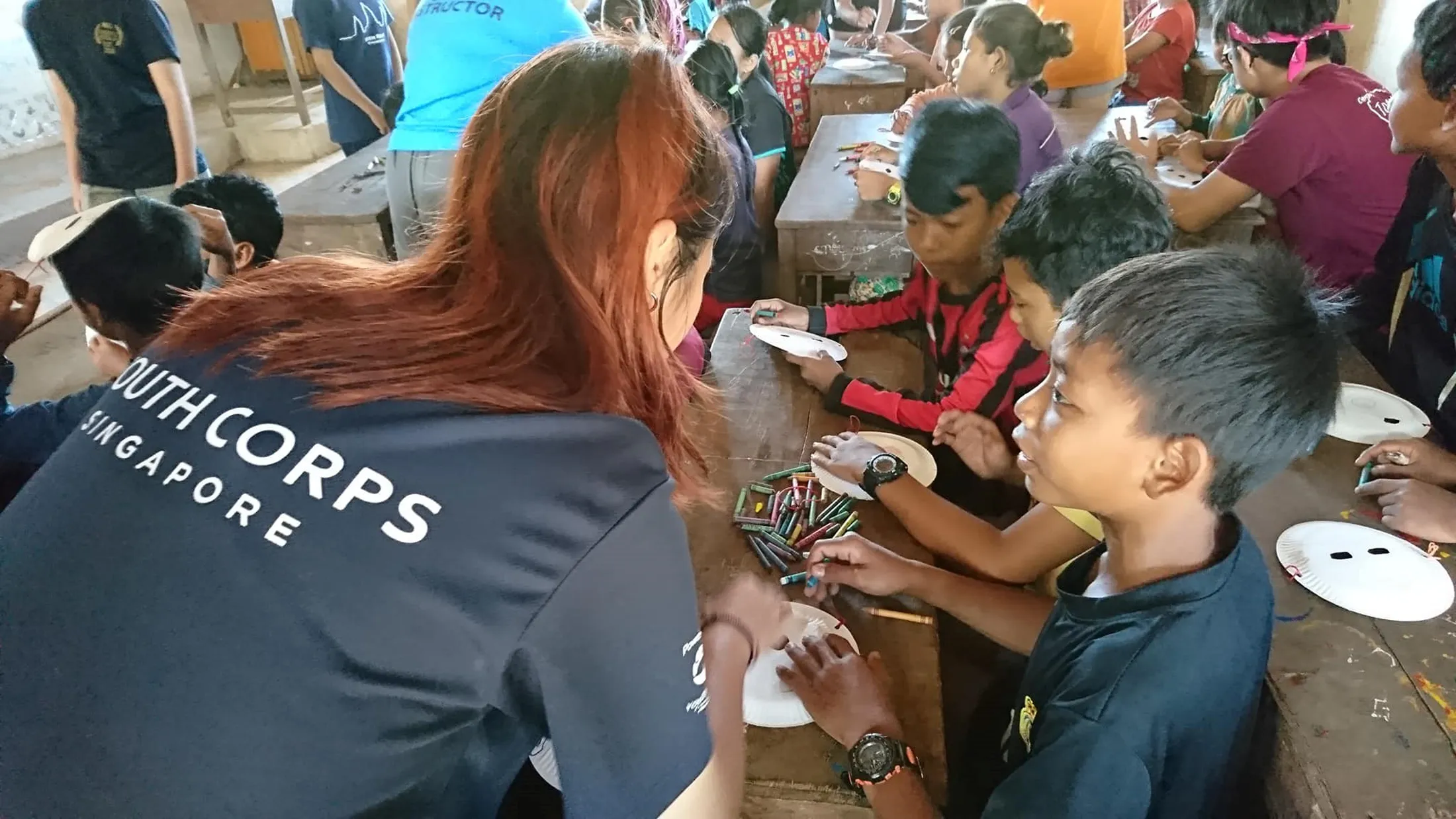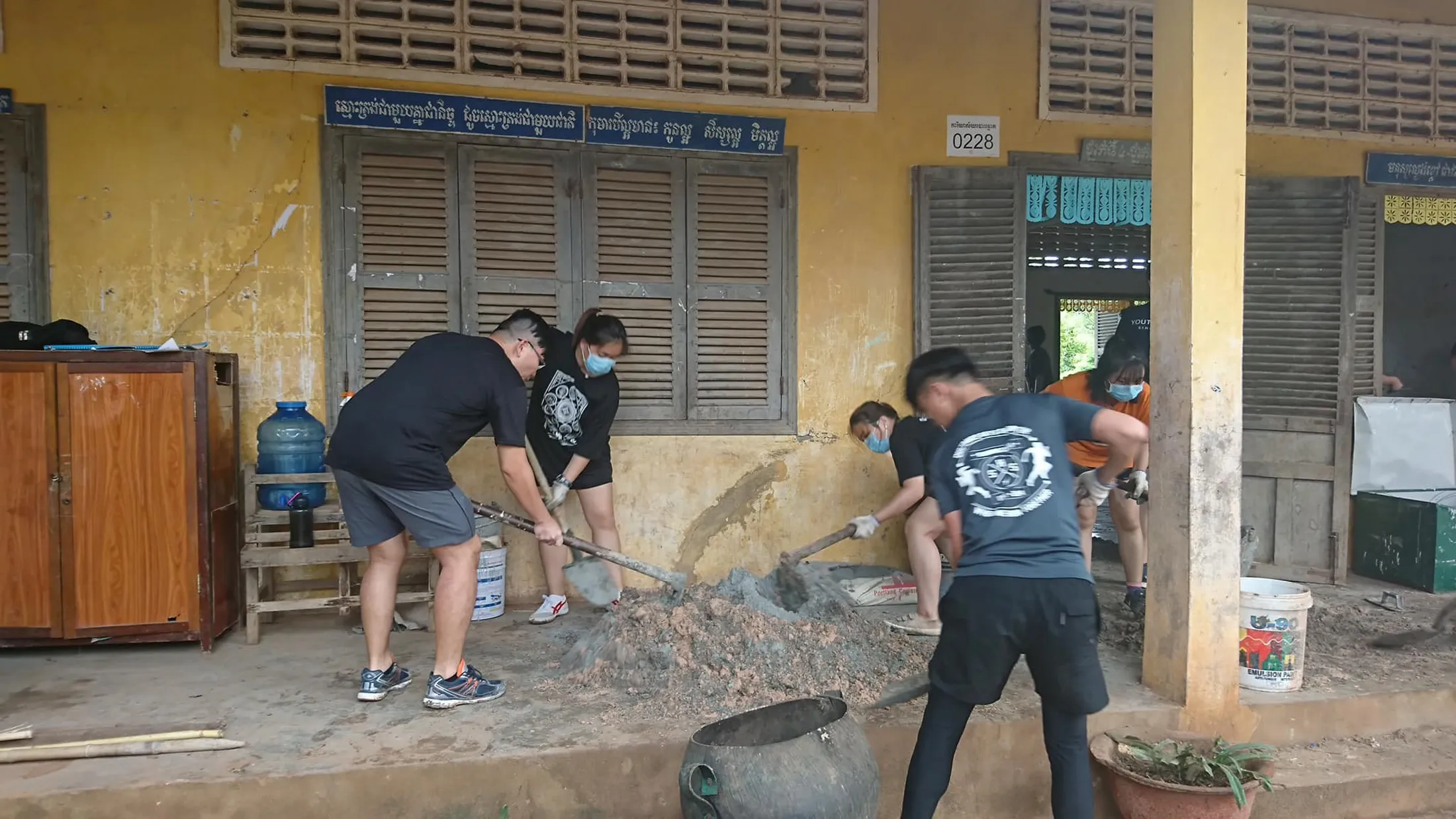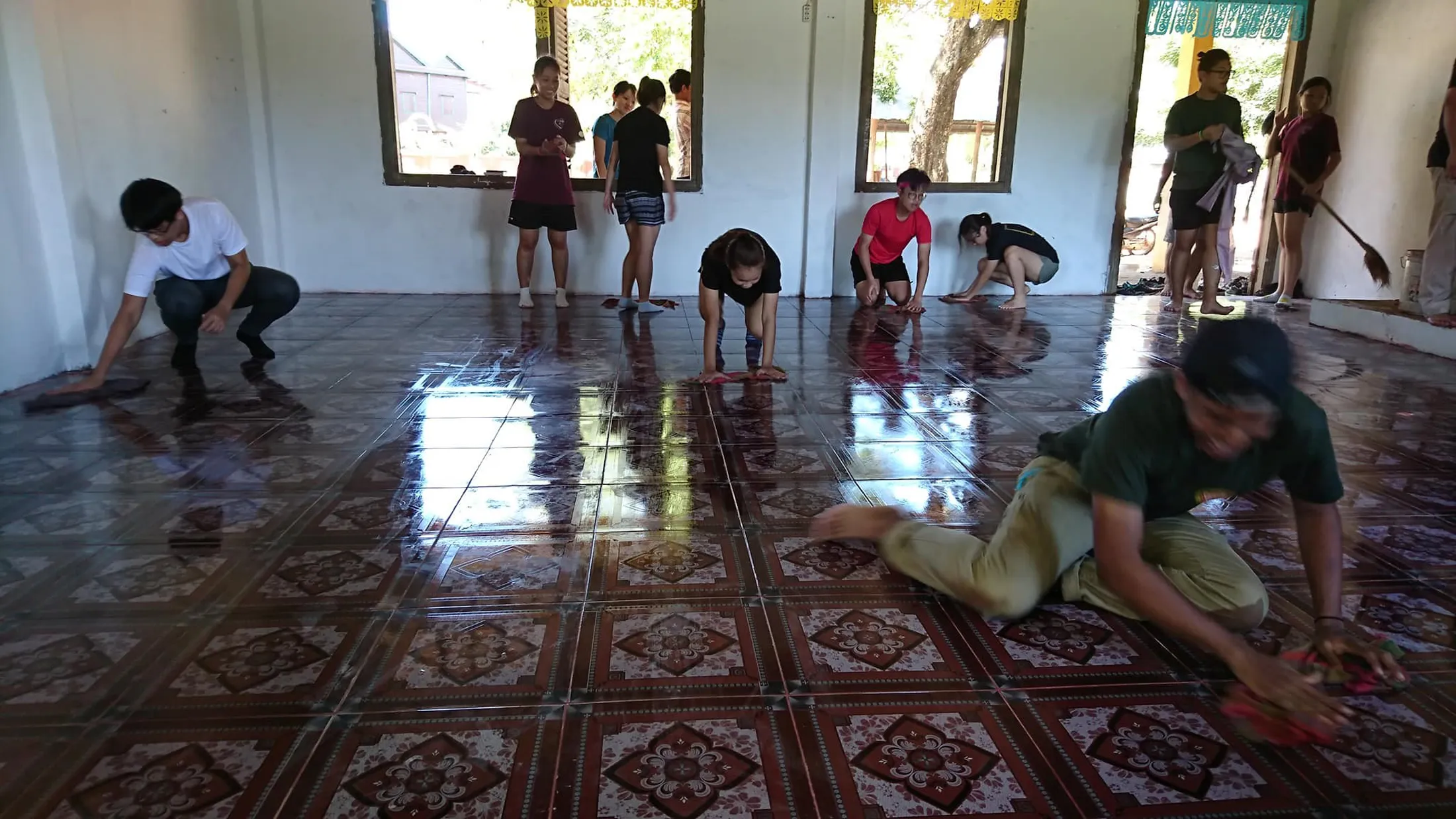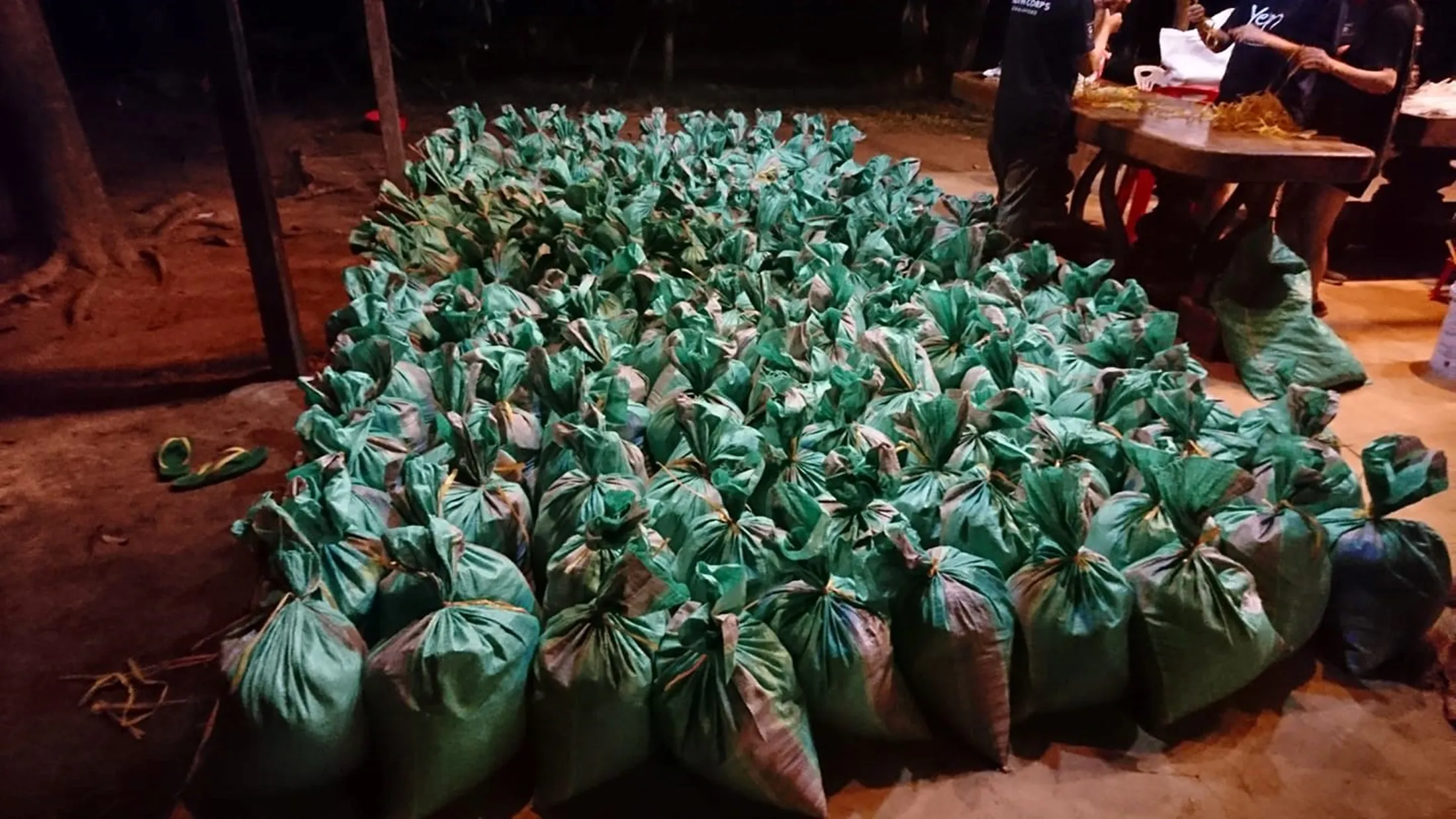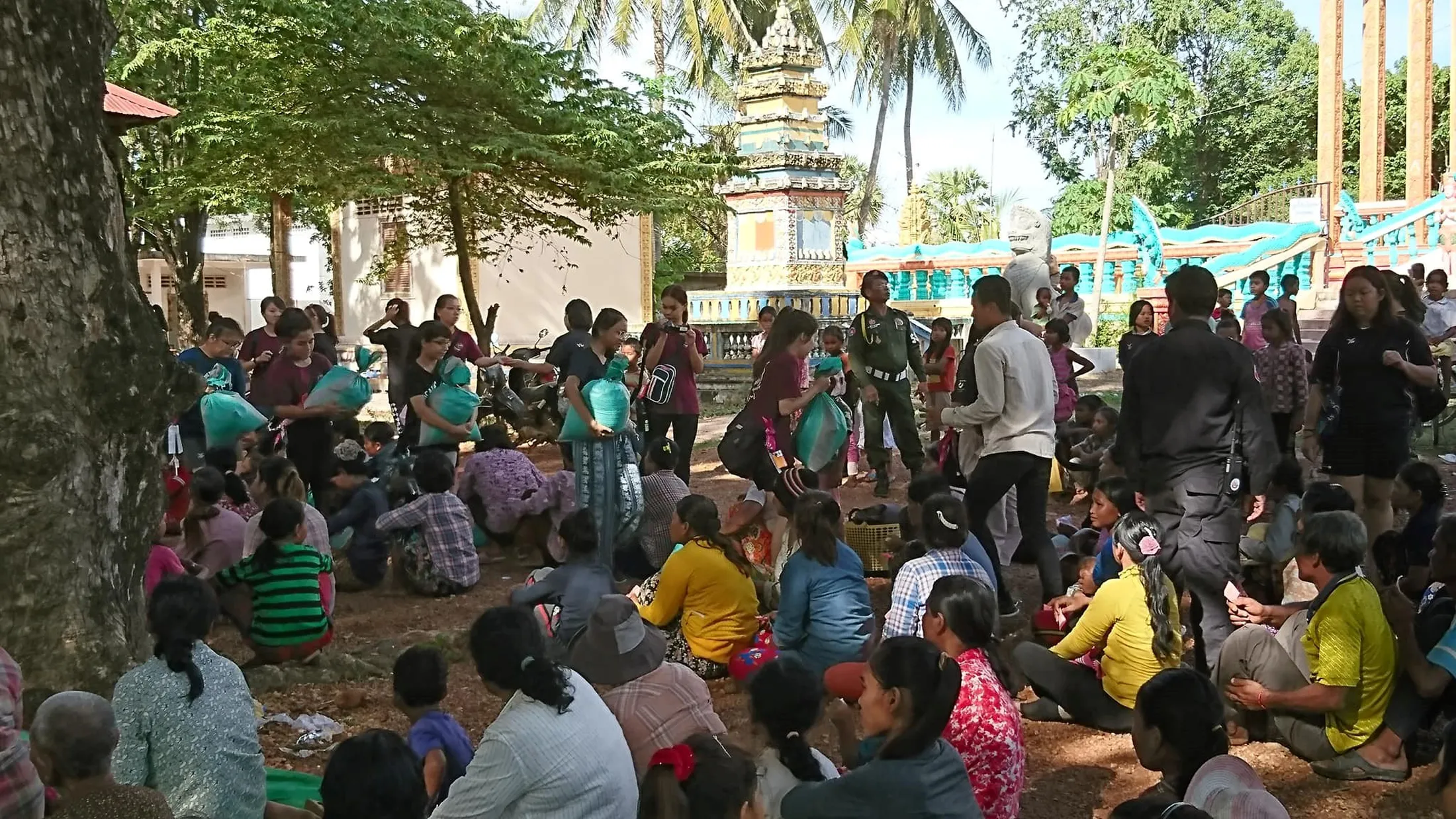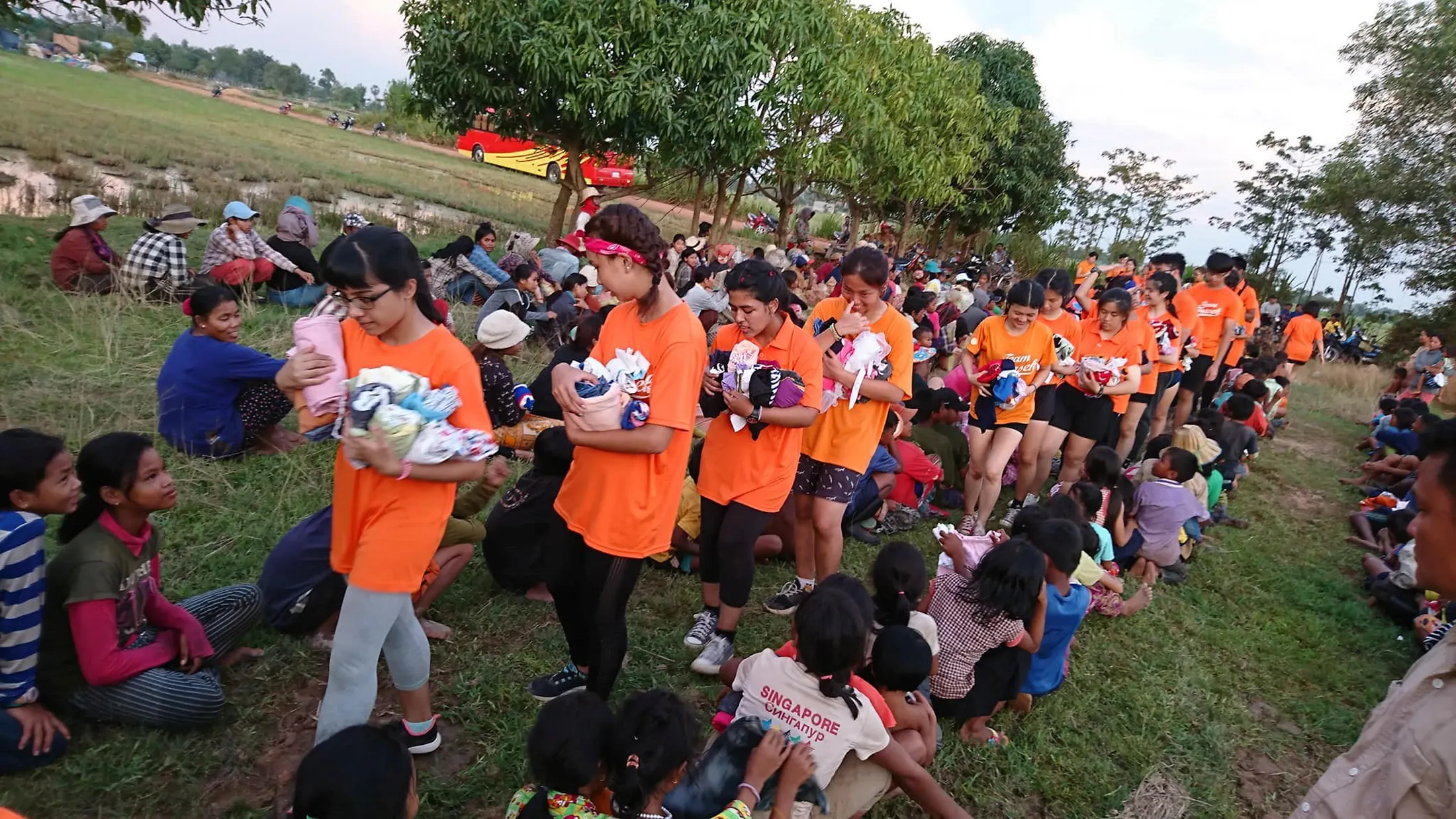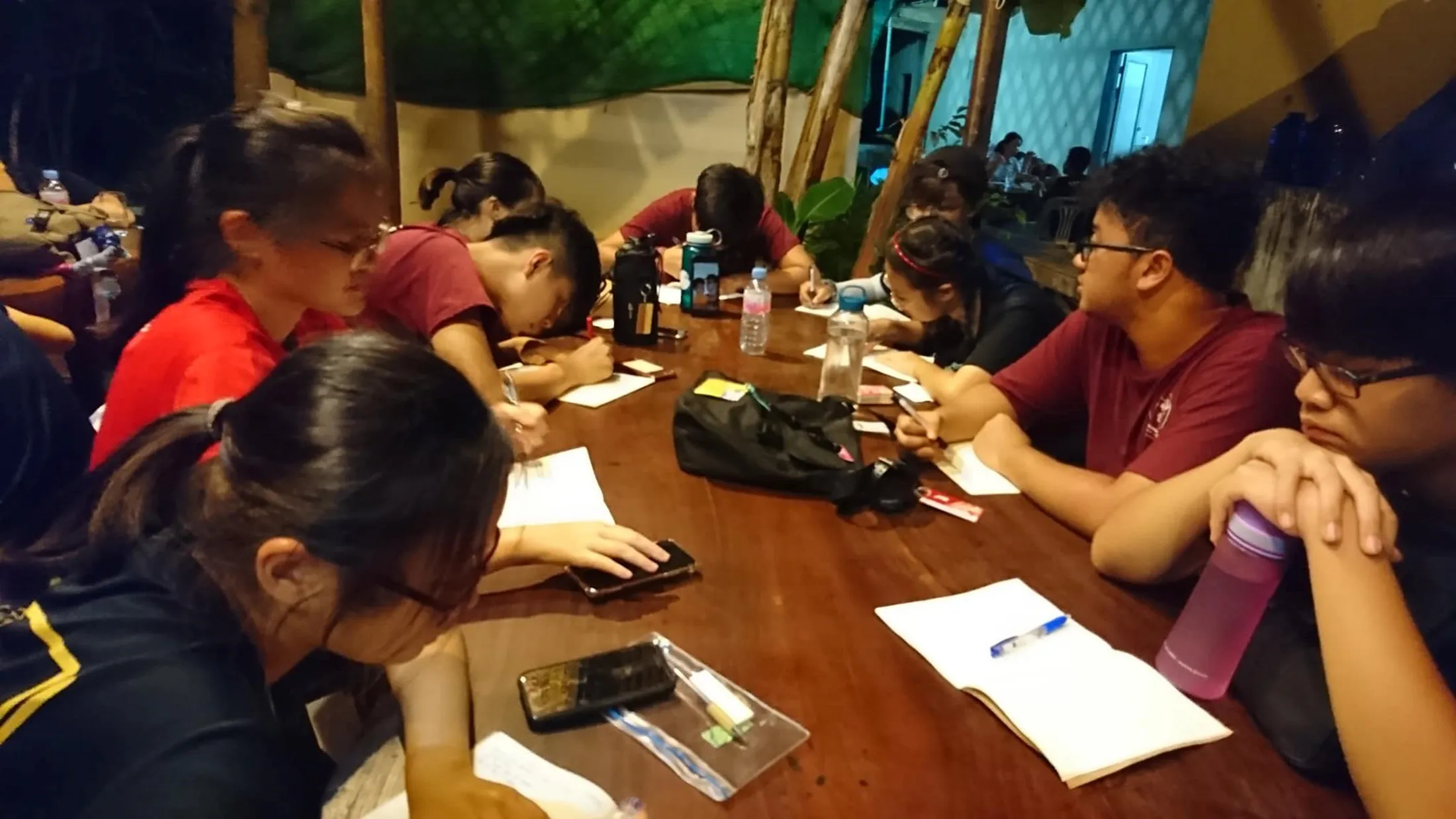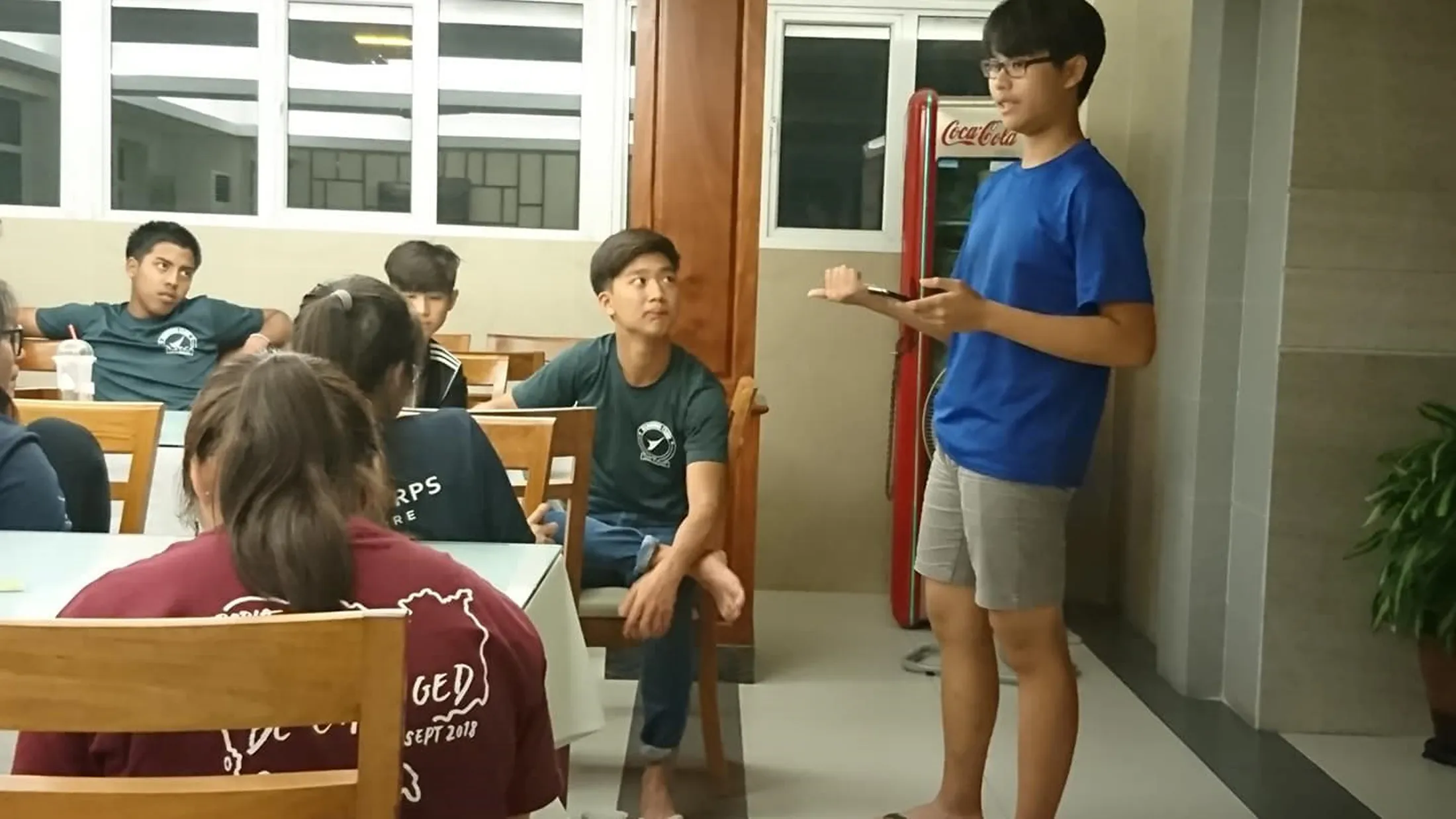Academic Progression & Grading System:
STUDENT CLASSIFICATION
Students are classified by any of the three levels of study they are in:
- Freshman - All registered students who have completed (passed) less than 40 Credit Units
- Junior - All registered students who have completed (passed) 40 Credit Units but less than 80 Credit Units
- Senior - All registered students who have completed (passed) 80 Credit Units or more
Students admitted into TP diploma courses will be at Freshman level, except for those who are given advanced standing.
RECOMMENDED PROGRESSION PATH AND WORKLOAD
In general, HSS diplomas have recommended progression paths designed for you to complete your course in three years (6 semesters). You must complete your course of study between six and ten semesters. The maximum workload that you are allowed to take in each semester is typically 28 Credit Units (CUs) and the minimum workload is 15 CUs.
ELIGIBILITY CRITERIA FOR TAKING SUBJECTS OF NEXT HIGHER LEVEL
- To be eligible to take a Level 2 subject in his/her diploma of study, a student must have completed at least 15 cu of Level 1 subjects.
- To be eligible to take a Level 3 subject in his/her diploma of study, a student must have completed at least 45 cu of Level 2 subjects.
- To be eligible for SIP and Major Project, students must have obtained at least 60 cu. You must complete (pass) a specified number of credit units before taking Level 2 subjects and Level 3 subjects. The required number of credit units can be found in the course structure.
ACADEMIC STANDING
There are five types of academic standing, which will be reflected in the students’ results notification slips.
a) Proceed to next semester
- Students who passed all subjects in the current semester, or
- Students who failed an elective subject or a Global Studies 2 subject.
b) Proceed to next semester (Academic Warning)
- Students who failed a TPFun subject (excluding Global Studies 2 subjects), or a diploma core subject or required diploma option after the examination/ assessment, or
- Students who are currently in their 9th semester of study and have still not met the graduation requirements, or
- Students who have two consecutive semesters of cumulative GPA (cGPA) below 1.0.
c) Removed
- Students who met the removal criteria [refer to section on REMOVAL below].
d) Extended Probation
- Students who are removed but reinstated for whatever reasons.
- Such students must obtain a cumulative GPA of at least 1.0 by the end of their “Extended Probation” semester or pass the failed subject(s), otherwise, they will be removed from their course of study.
e) Completed course of study
- Students who have met the stipulated course graduation requirements.
The above rules on Academic Warning will also apply to students on Leave of Absence (LOA) for one semester or longer. If students are given Academic Warning prior to their LOA, the warning prior to their leave will count towards possible removal.
CRITERIA FOR REMOVAL
Students will be recommended to the Board of Examiners for removal from their course of study if any of the following criteria is met:
- Did not fulfil the graduation requirements within the stipulated maximum time allowed to complete the course, in accordance with TP Exam Bye Laws.
- Cumulative GPA (cGPA) is less than 1.0 for three consecutive semesters.
- Did not pass a TPFun subject (excluding Global Studies 2 subjects), a diploma core or required diploma option subject in two attempts.
GRADING SYSTEM
Grade |
Grade Point |
Description |
Conversion |
|---|---|---|---|
Z |
4.0 | Distinction (up to top 5% of candidates taking the subject may be awarded Z) | = or >80 |
A |
4.0 | Excellent | = or >80 |
B+ |
3.5 | Very Good | 75 to <80 |
B |
3.0 | Very Good | 70 to <75 |
C+ |
2.5 | Good | 65 to <70 |
C |
2.0 | Good | 60 to <65 |
D+ |
1.5 |
Credit | 55 to <60 |
D |
1.0 | Credit | 50 to <55 |
P |
1.0 | Non-Graded Pass | = or >50 |
F |
0 | Fail | <50 |
Pass |
N.A. |
Pass in a subject with no grade point |
|
Fail |
N.A. |
Fail in a subject with no grade point | |
Pass with Commendation |
N.A. | Commendation Pass in a subject with no grade point | |
Aegrotat Pass |
N.A. | Aegrotat Pass | |
In Progress |
N.A. | Assessment in progress at the point of grading |
The formula for calculating the GPA is:Your progress within a course of study is evaluated based on the Grade Point Average (GPA). The GPA is a numerical value that indicates your academic achievement in the course.
The formula for calculating the GPA is:
GPA = sum (credit units assigned to subject x subject grade point)
sum (credit units assigned to subject)
Subjects |
Credit Units of Subject |
Grades Obtained |
Grade Point of Grades |
CU x Grade Point |
|---|---|---|---|---|
Foundation Psychology |
4 |
A |
4 |
4x4=16 |
Social Psychology |
4 |
A |
4 |
4x4=16 |
Cognitive Psychology |
4 |
B |
3 |
4x3=12 |
Counselling Psychology |
4 |
C |
2 |
4x2=8 |
Global Studies |
3 |
D |
1 |
3x1=3 |
Total |
19 |
55 |
GPA = Total credit points / Total credit units
= 55 / 19
= 2.89
Semester GPA and Cumulative GPA will be calculated.
Subjects without grade point will not be included in the calculation of GPA.
The calculation of cumulative GPA (cGPA) will include all subjects with grade point. Any failed elective subjects or Global Studies 2 subjects, which were not replaced, will be included in the computation of cGPA.
A student who repeated a subject (having failed it before) would have his/her new grade replaced his/her old failed grade (zero grade point). His/her new grade point would be used in the calculation of his/her semester GPA and cumulative GPA.
A student’s Results Transcript will show all the subjects that he had taken, together with the grades.
